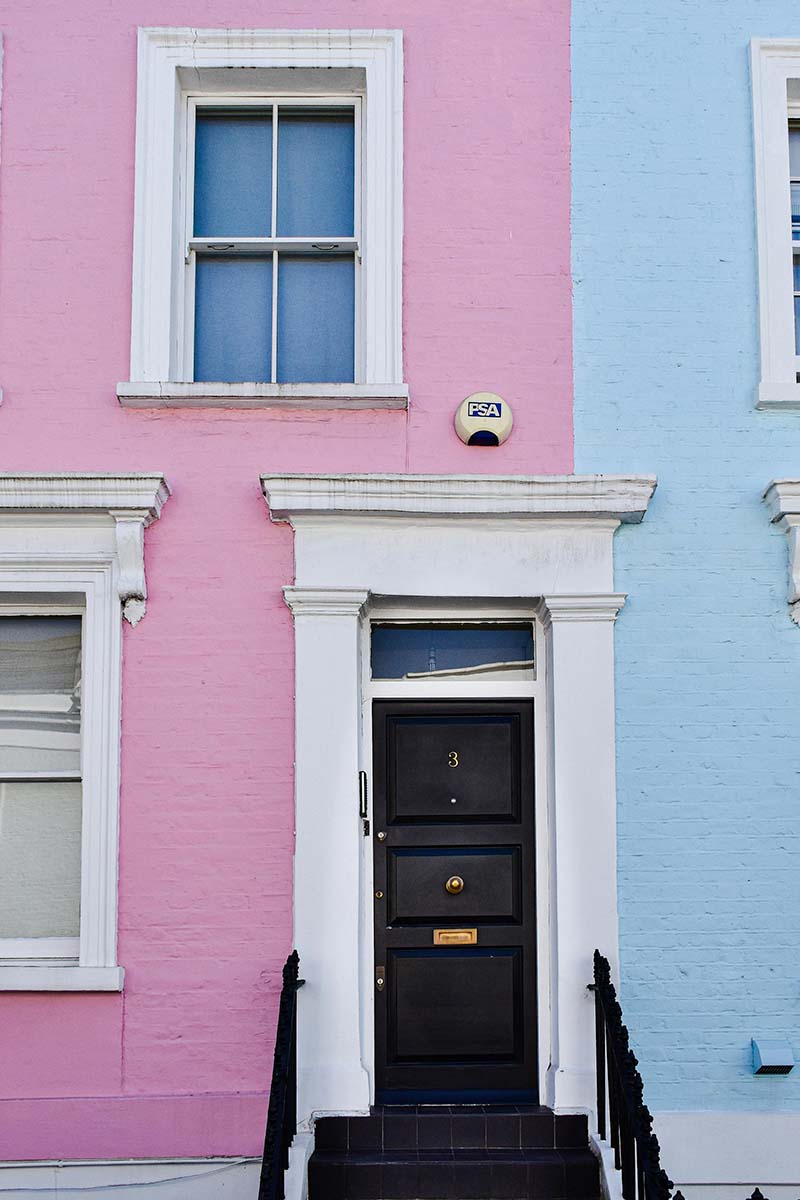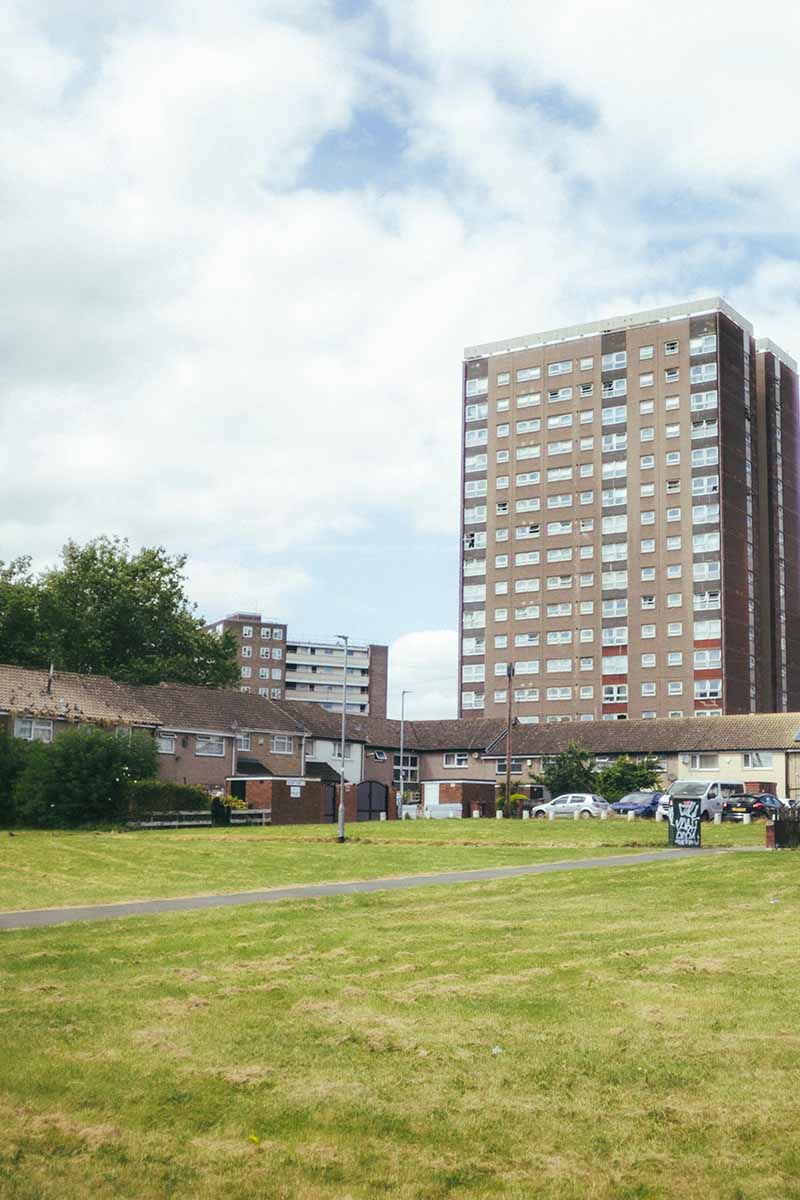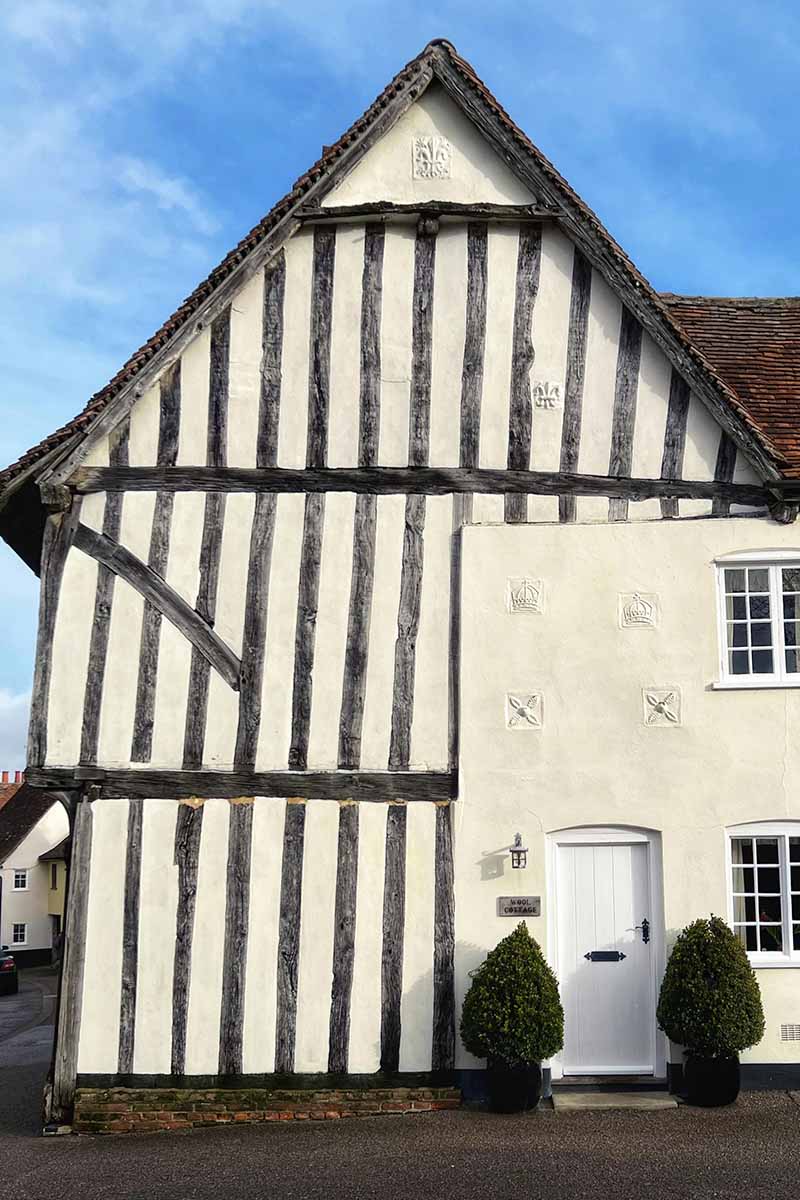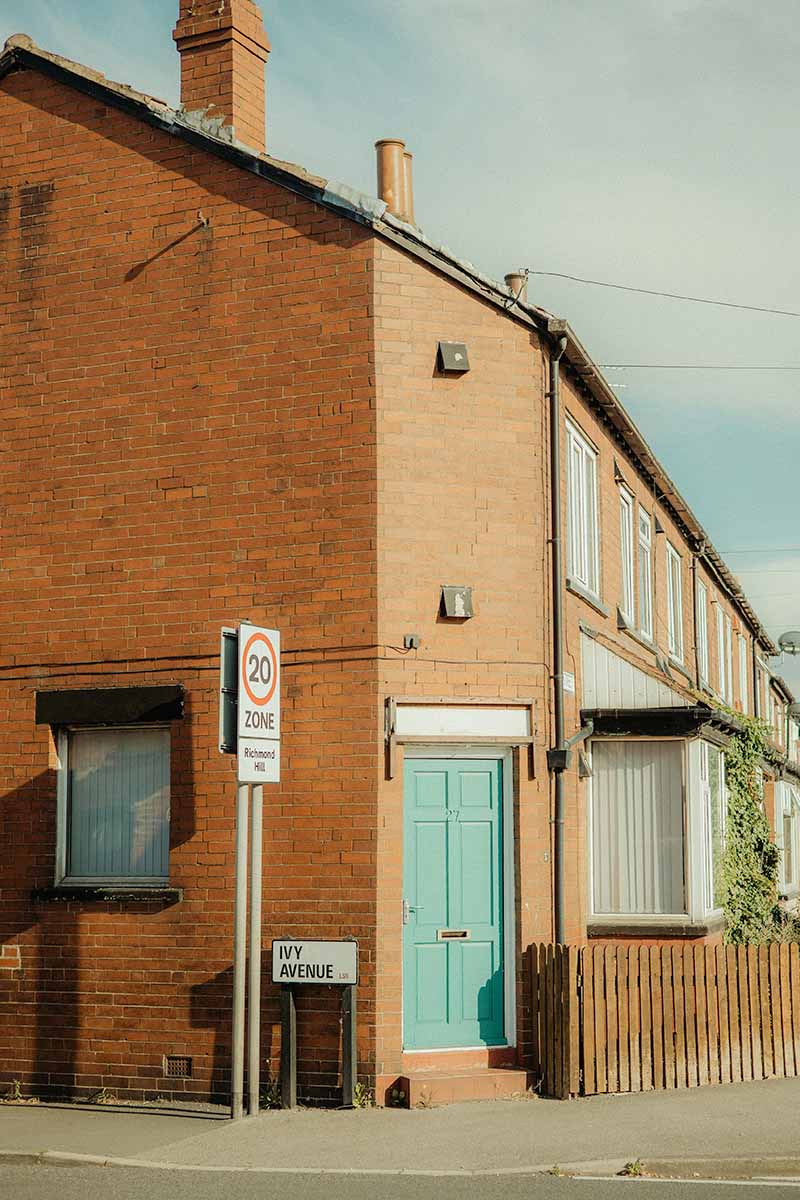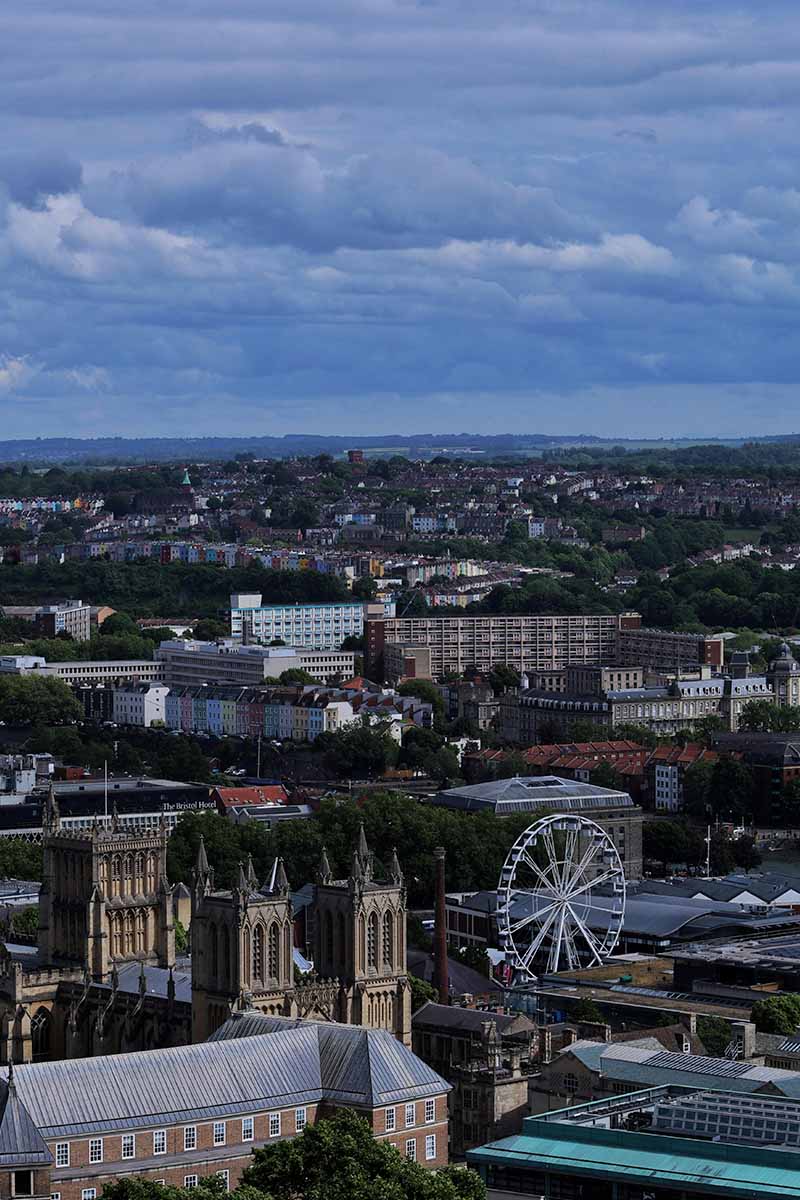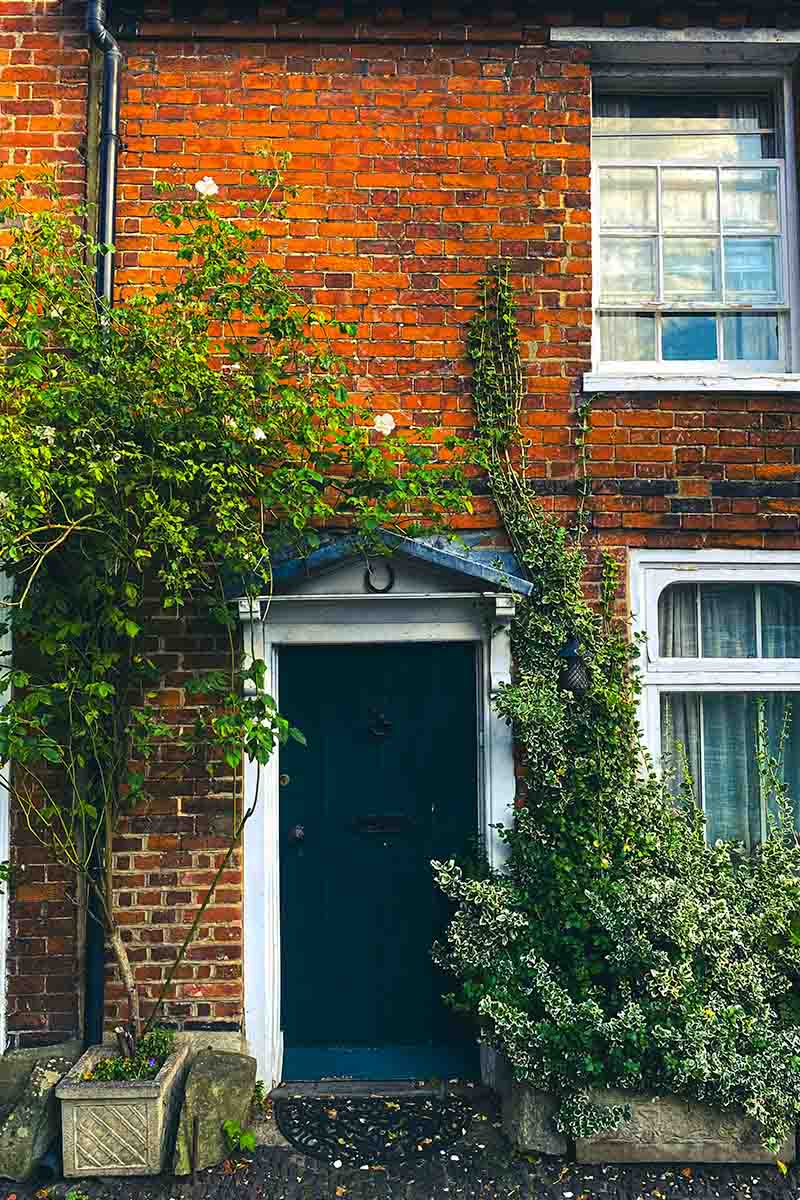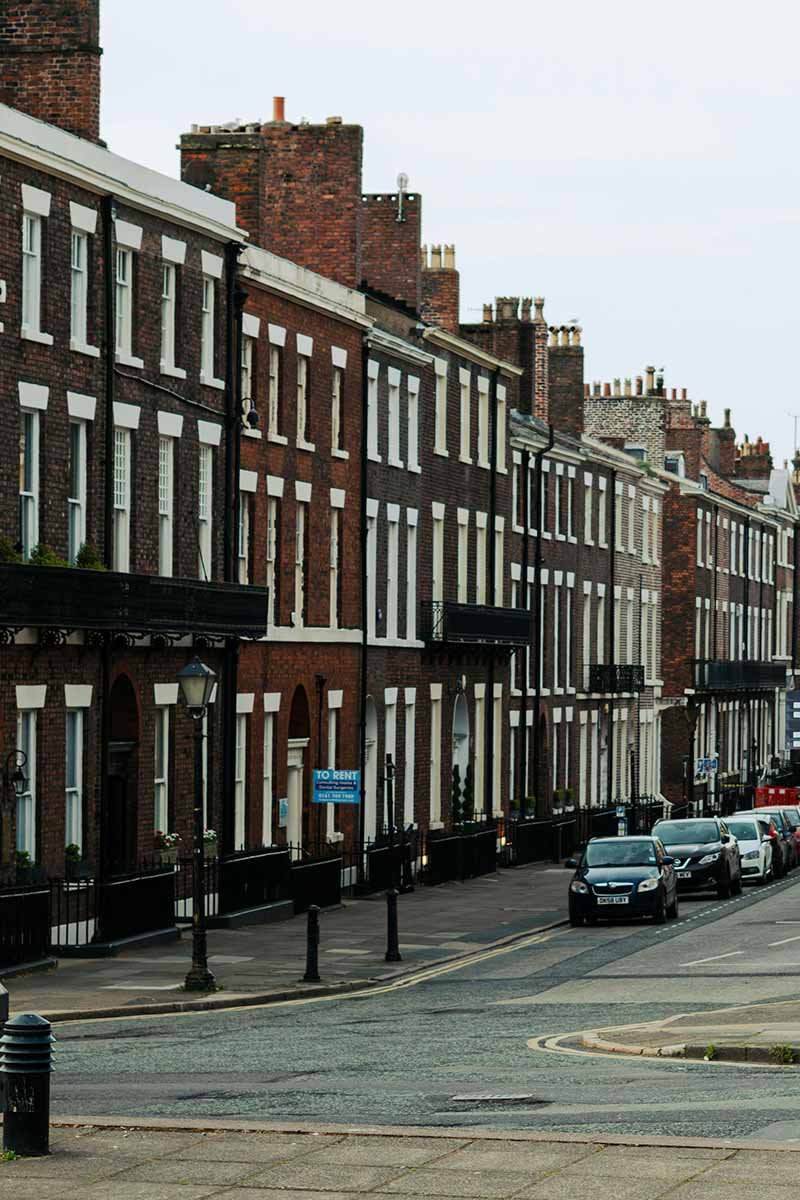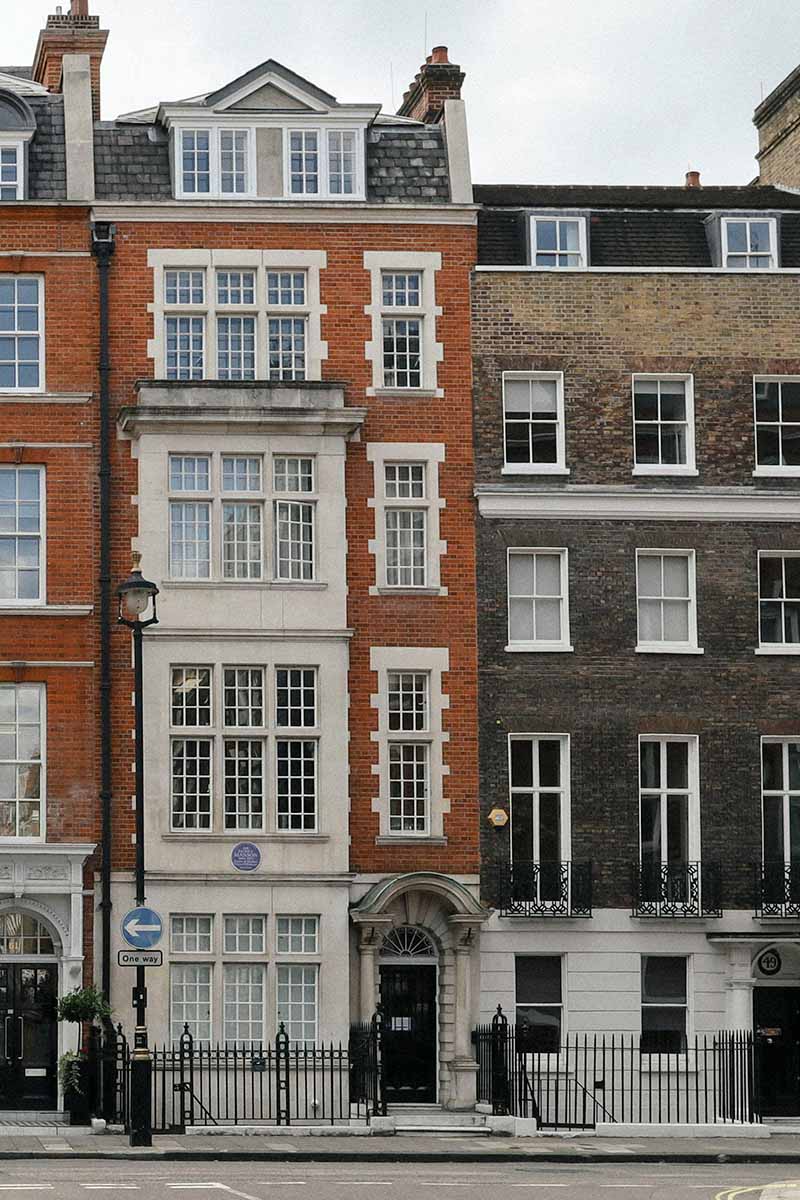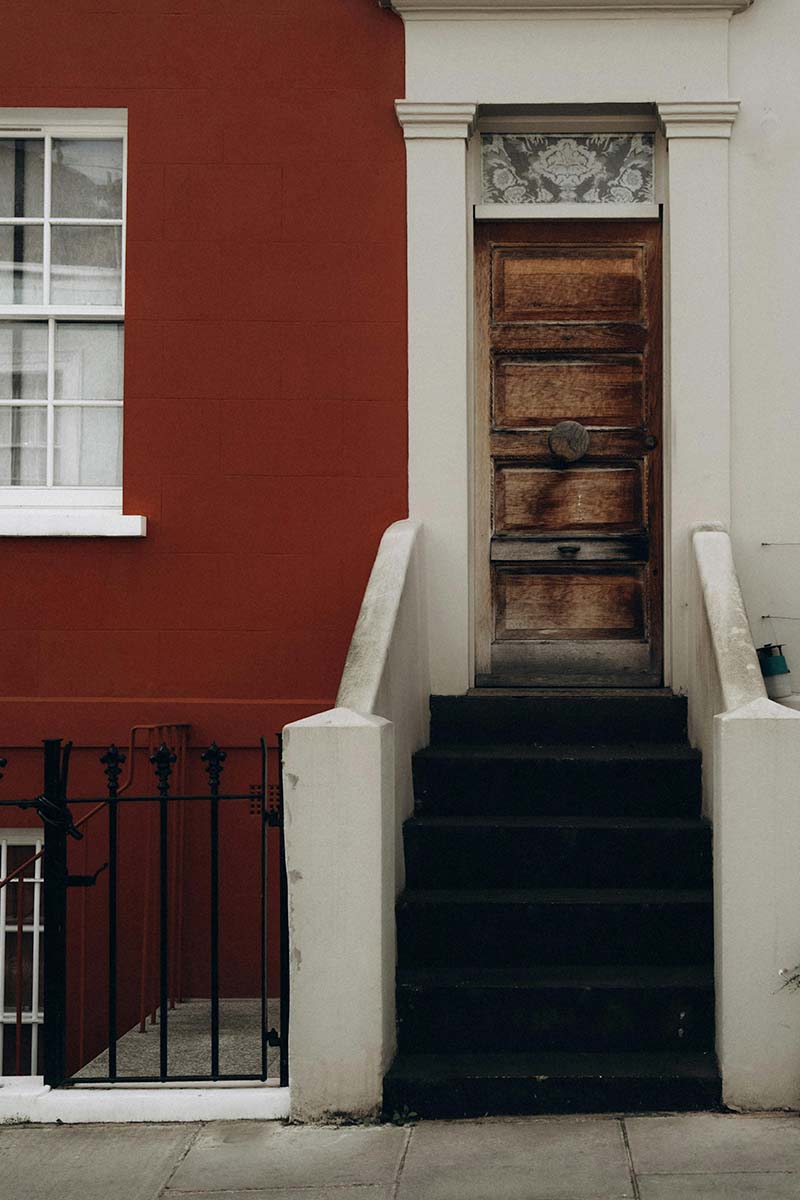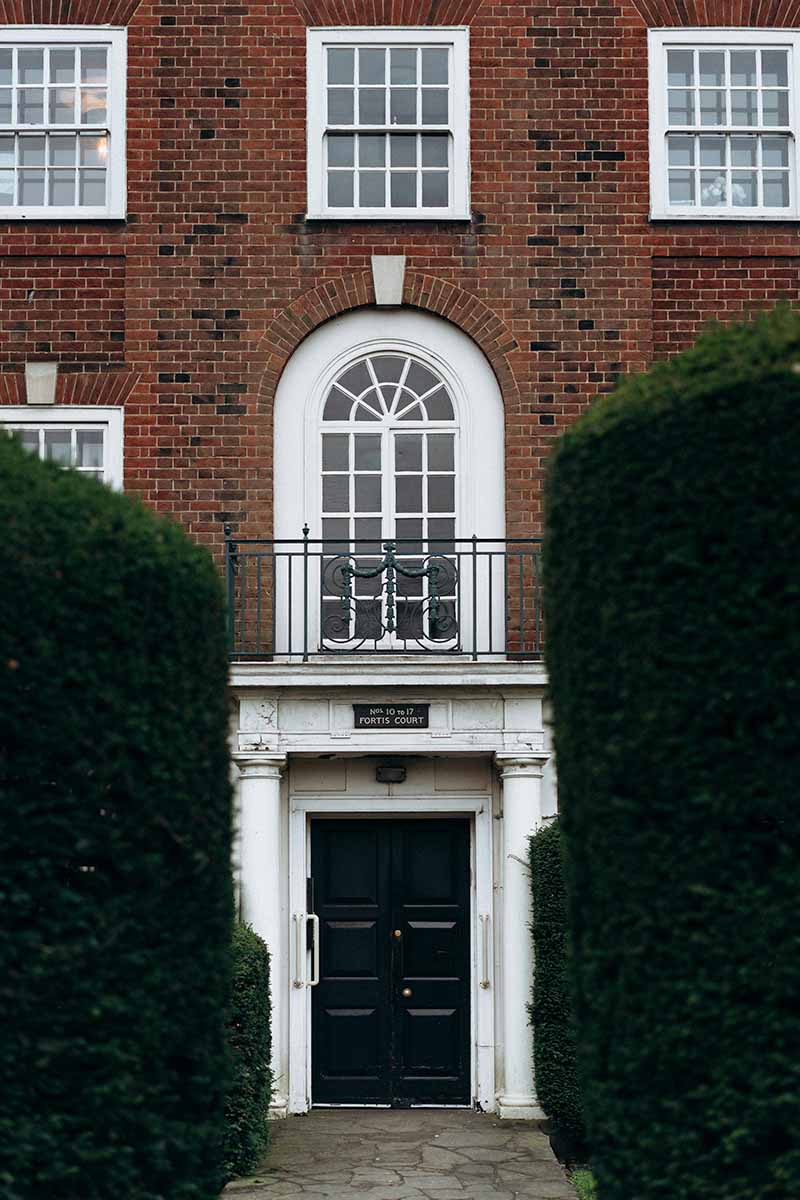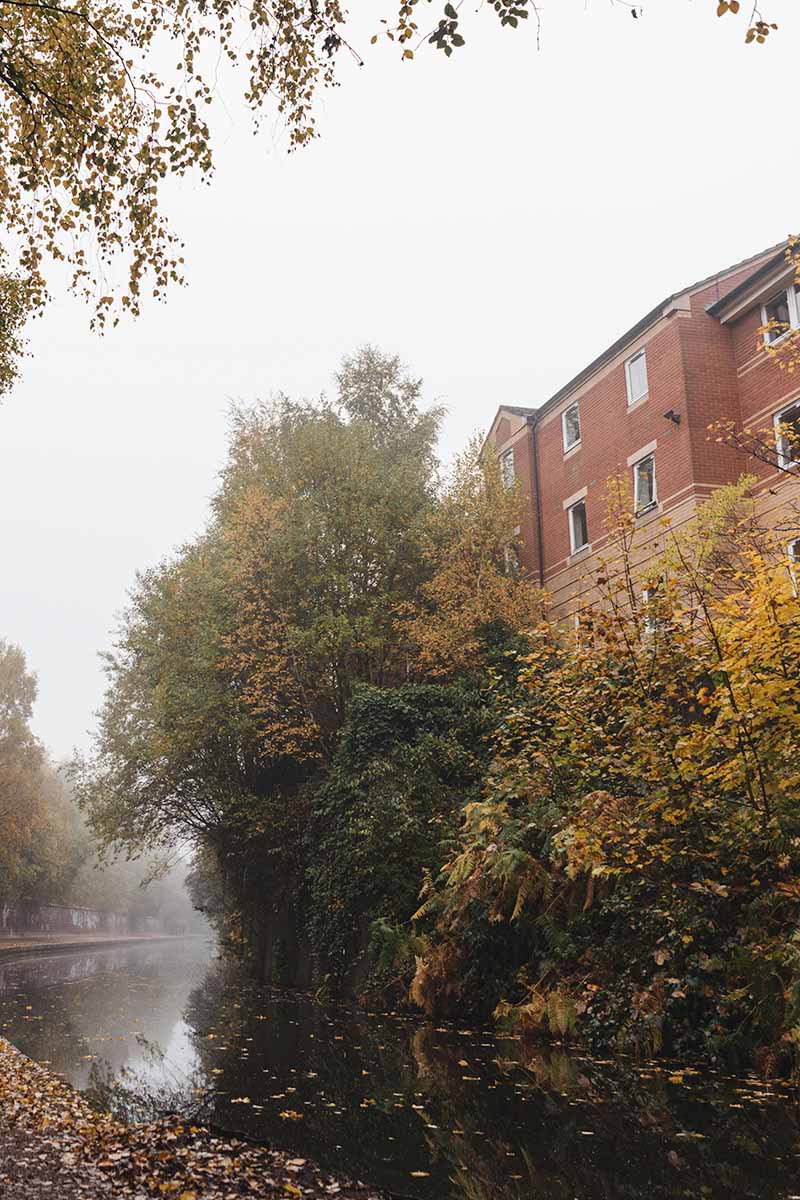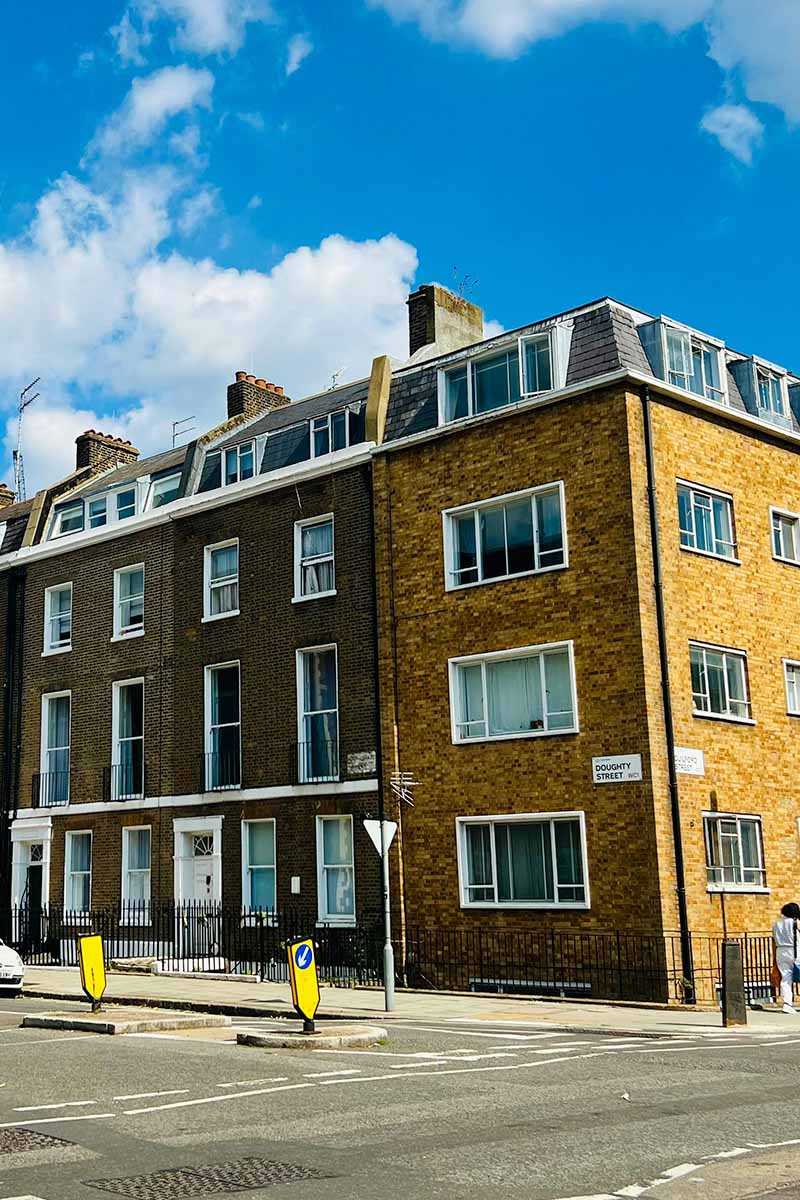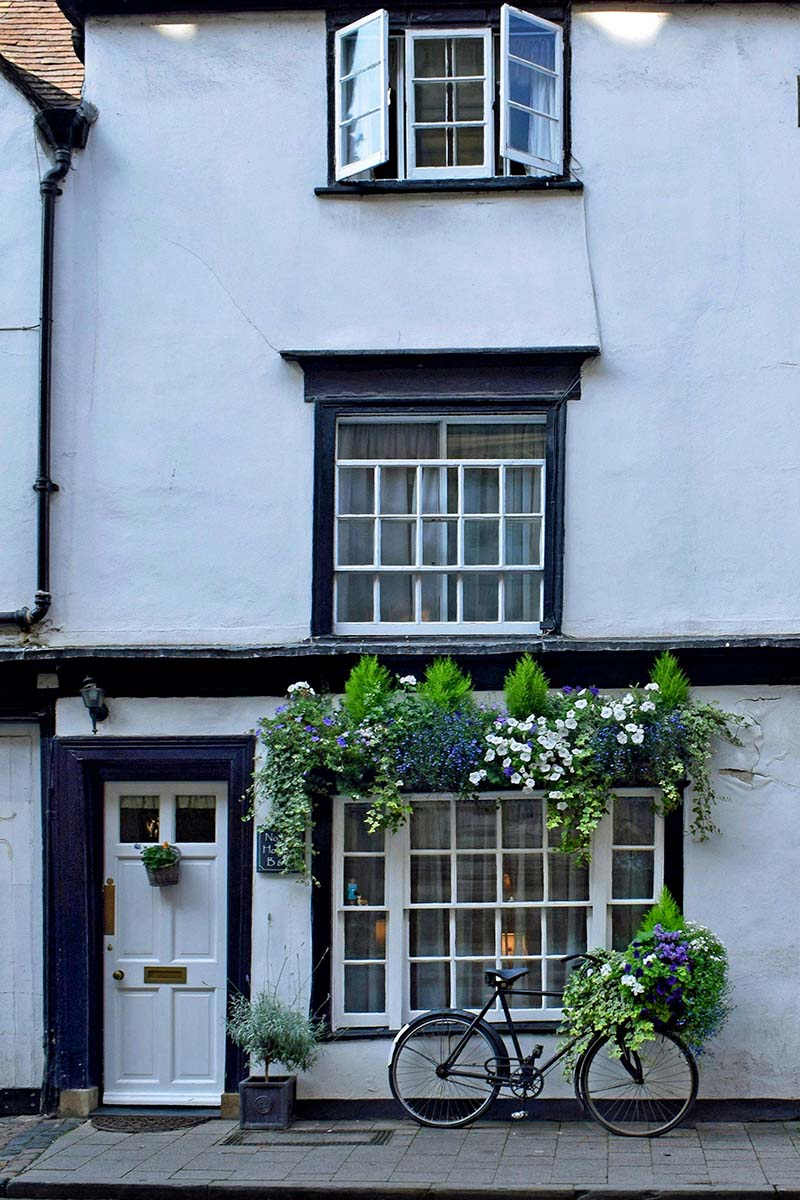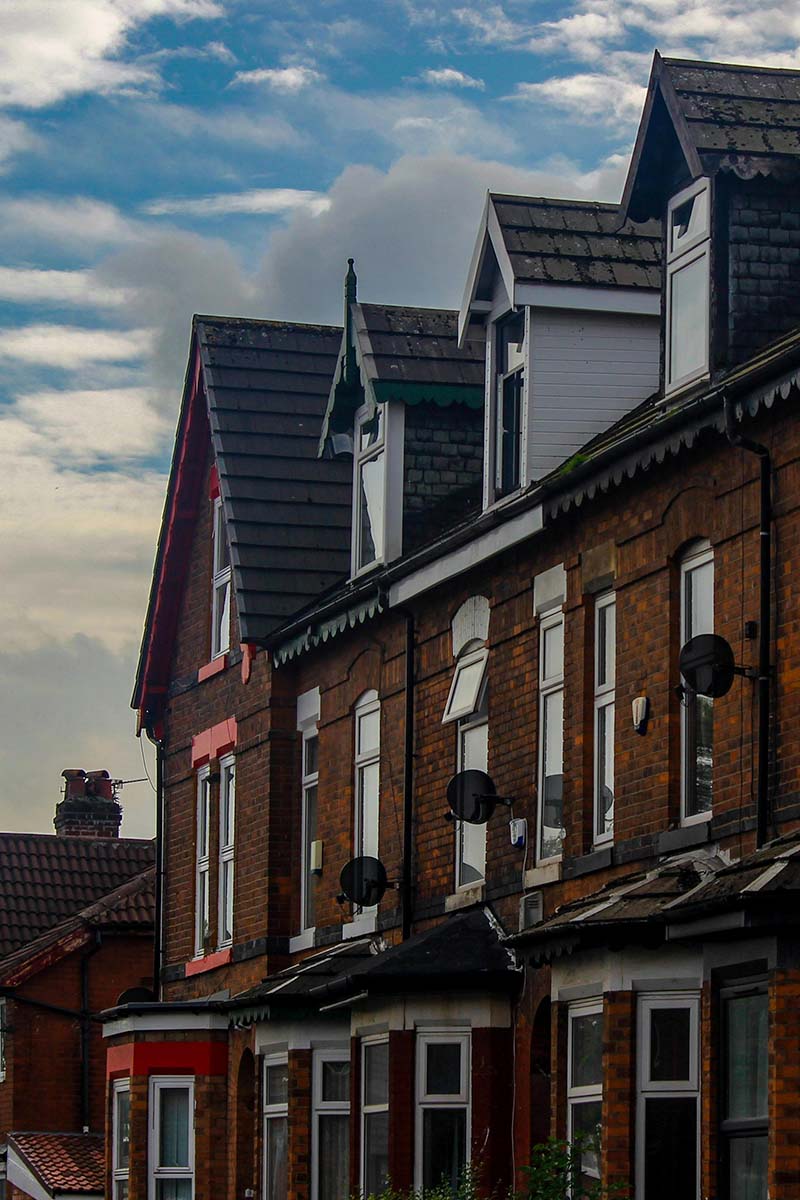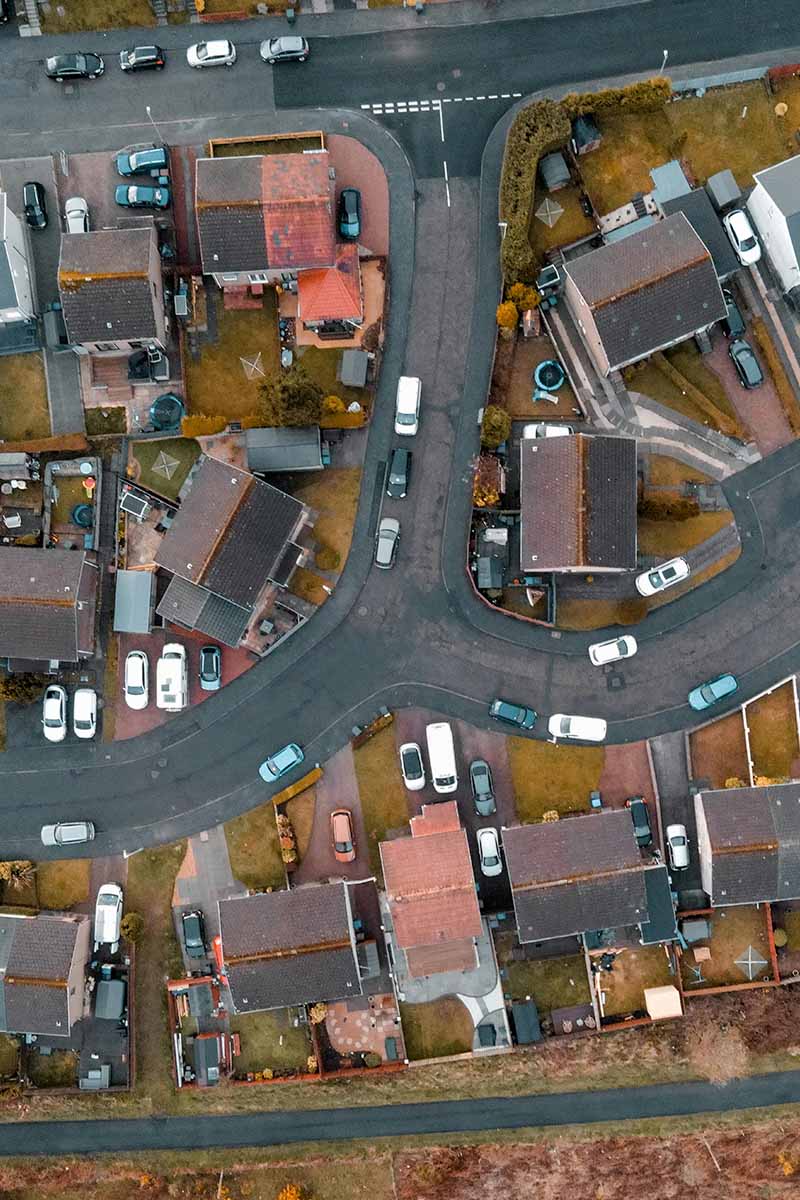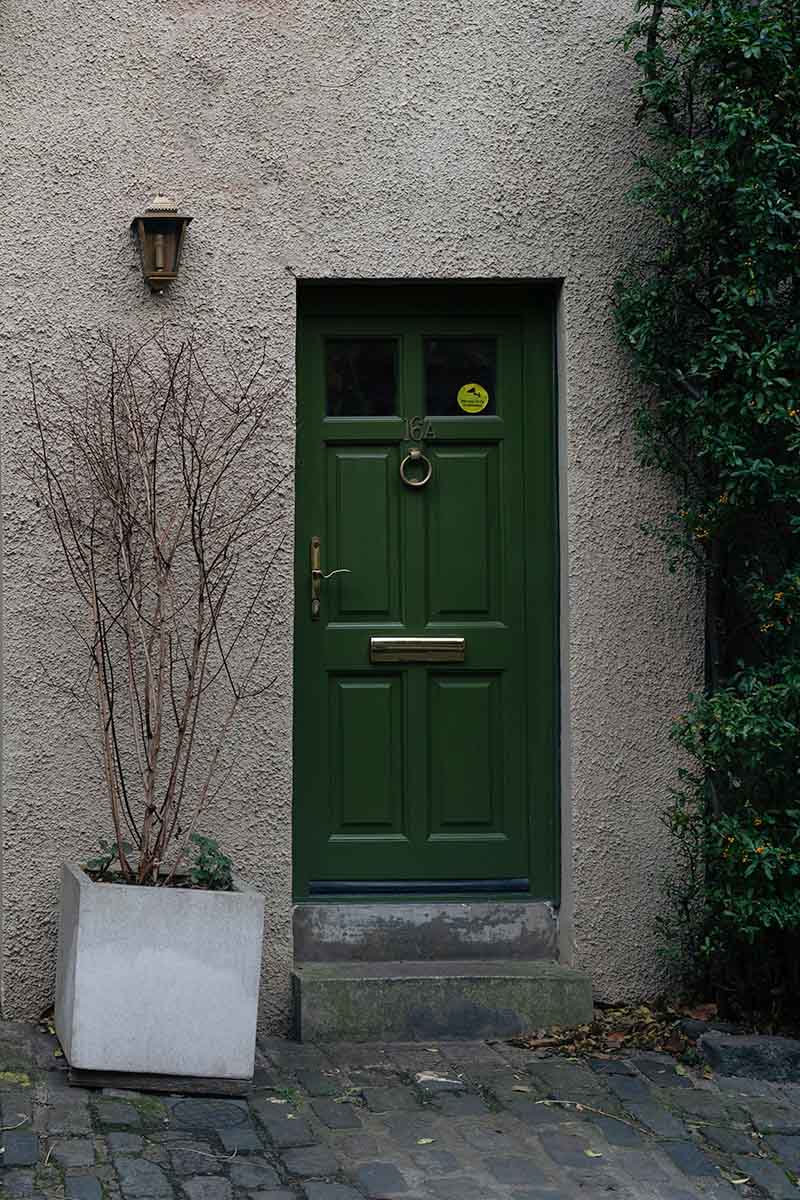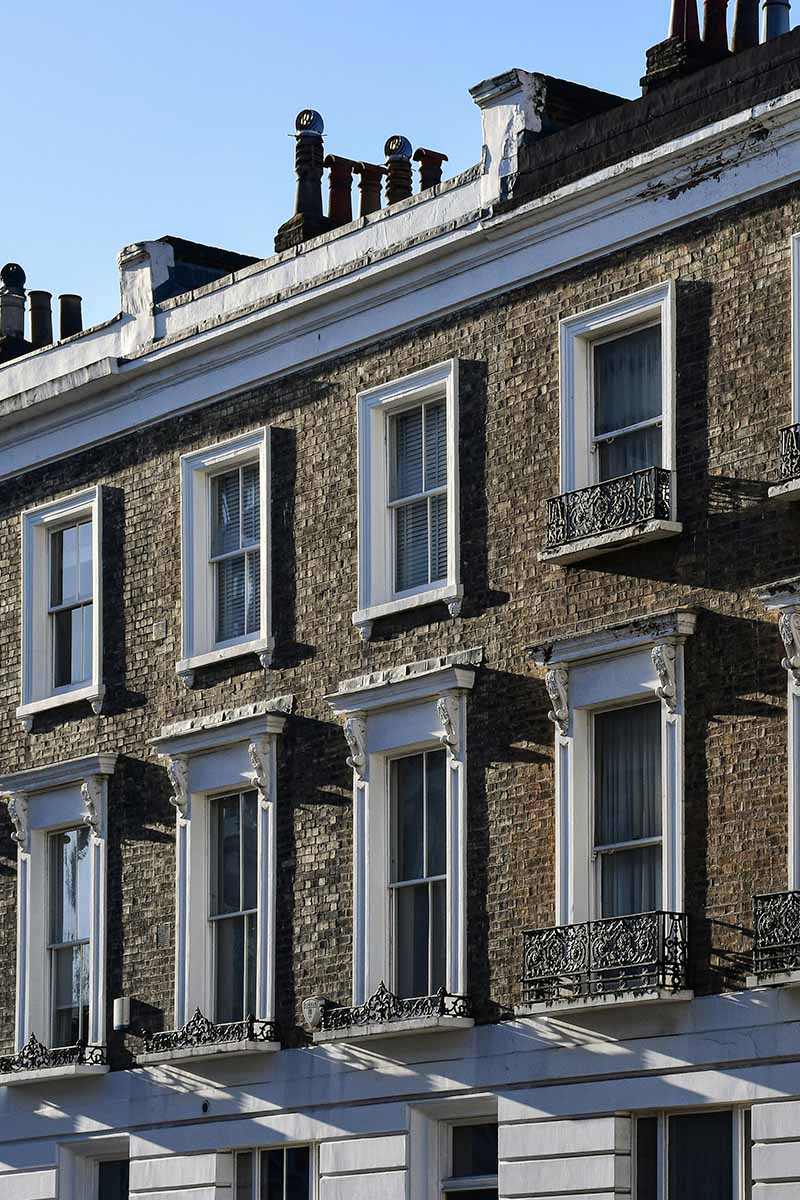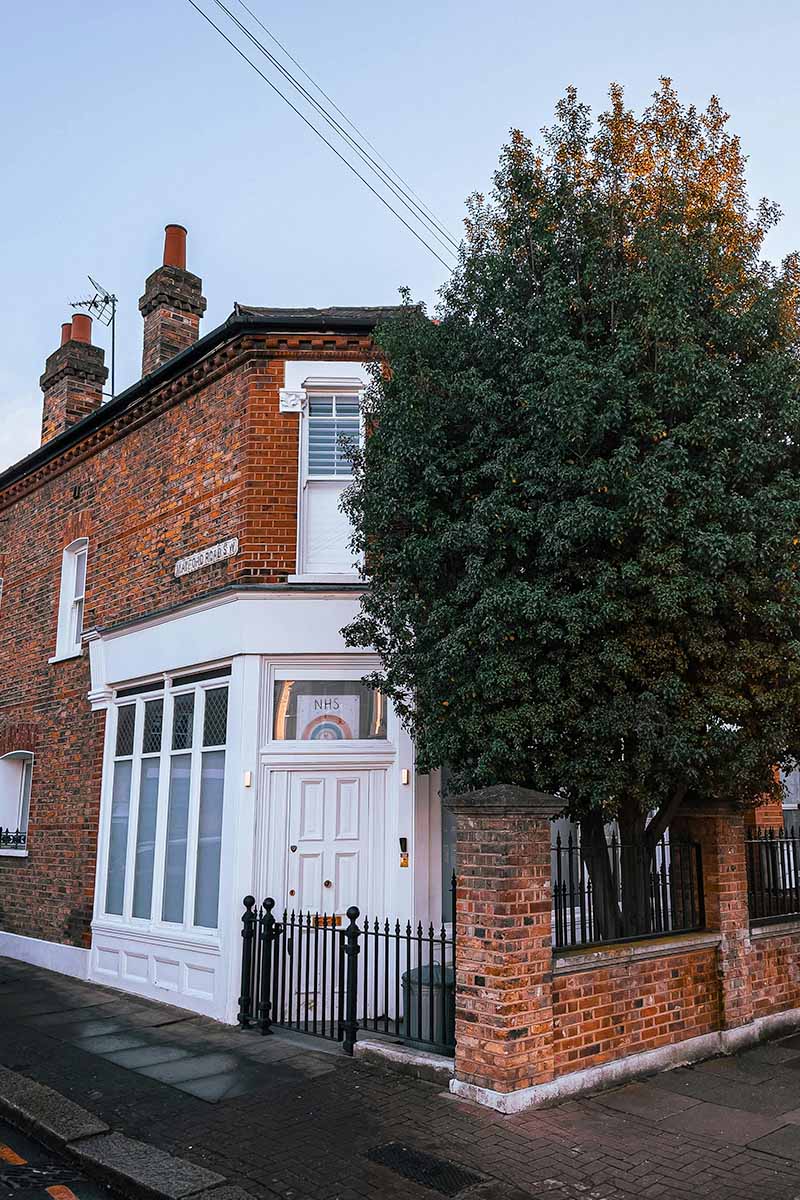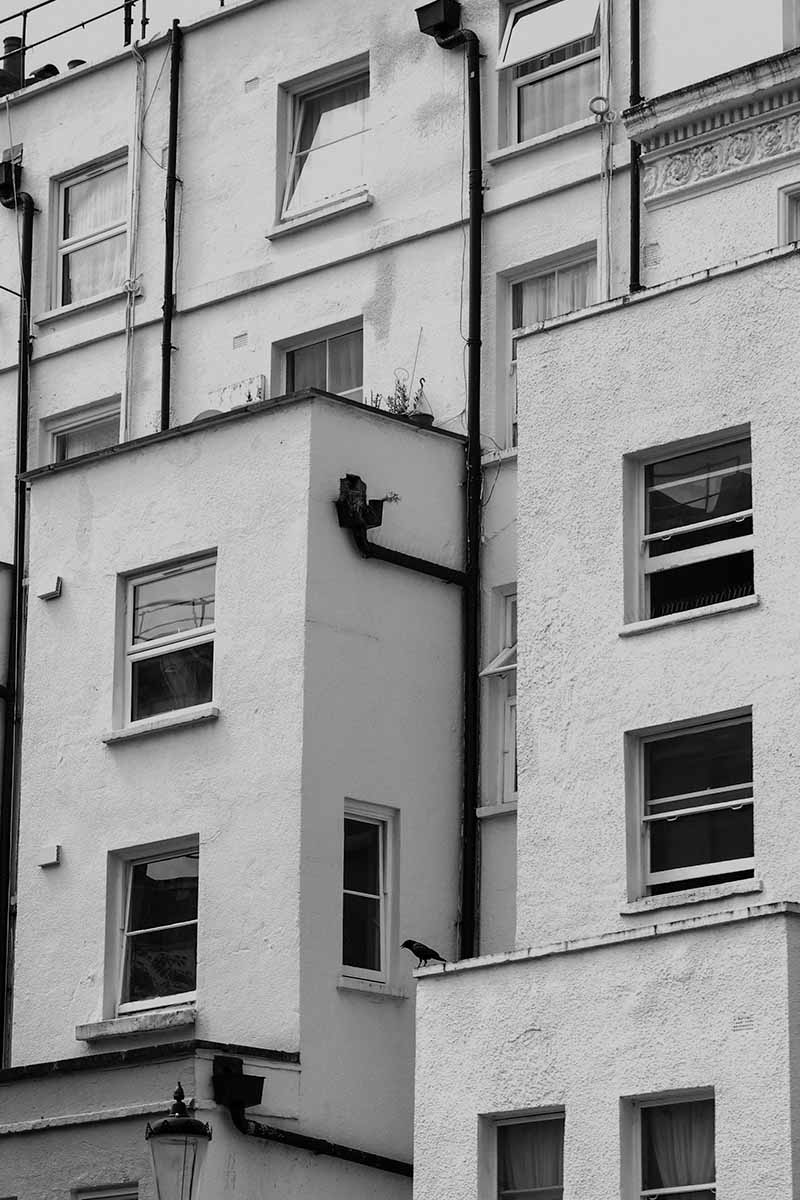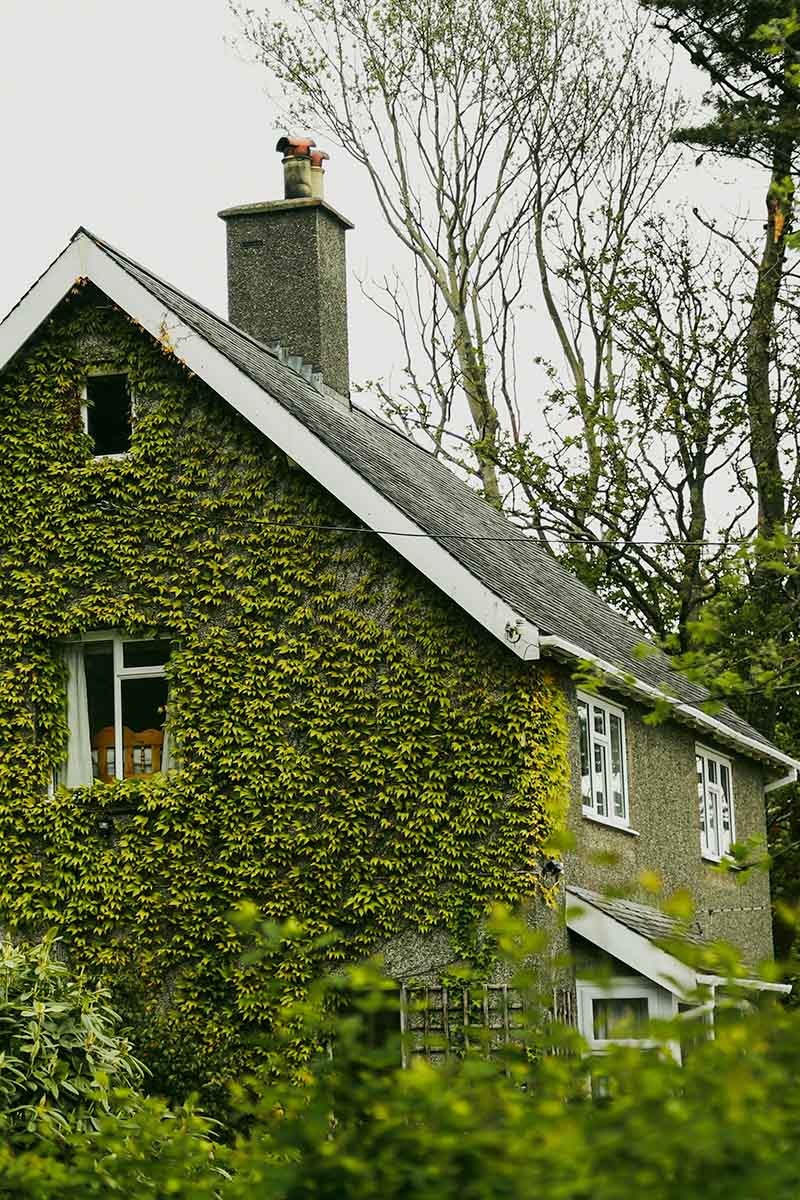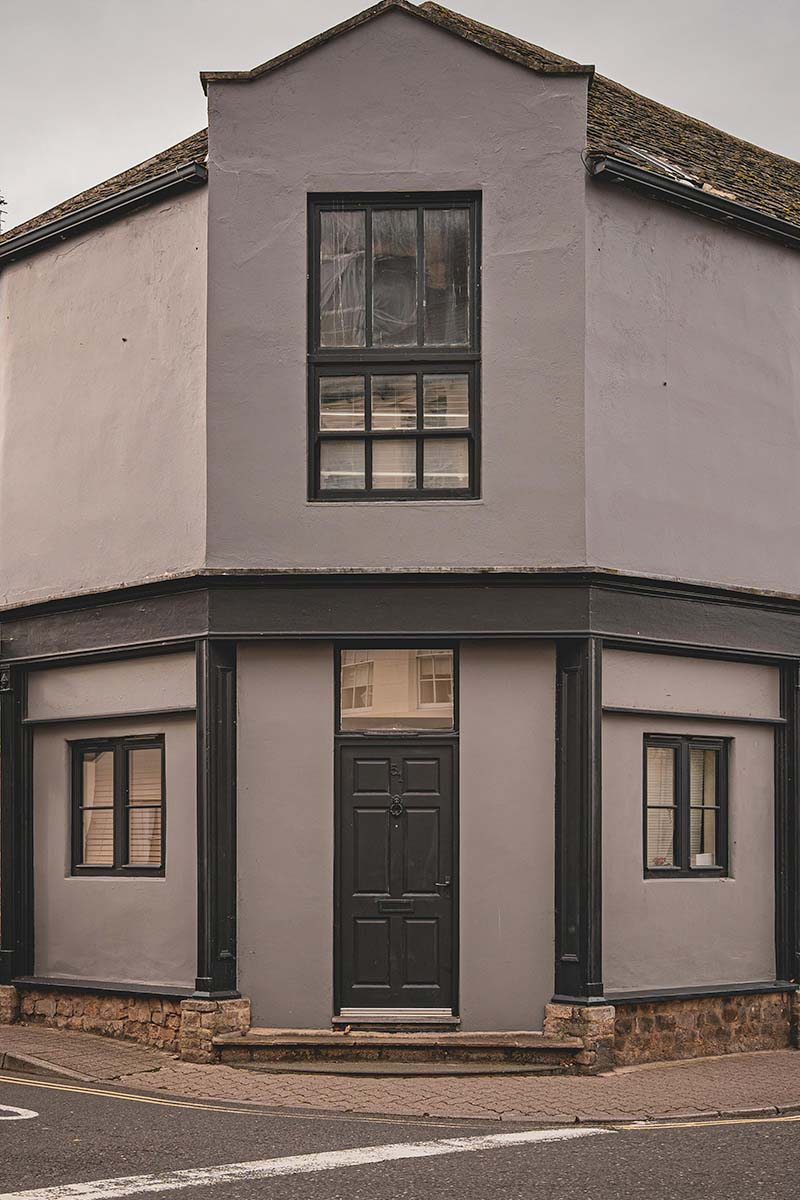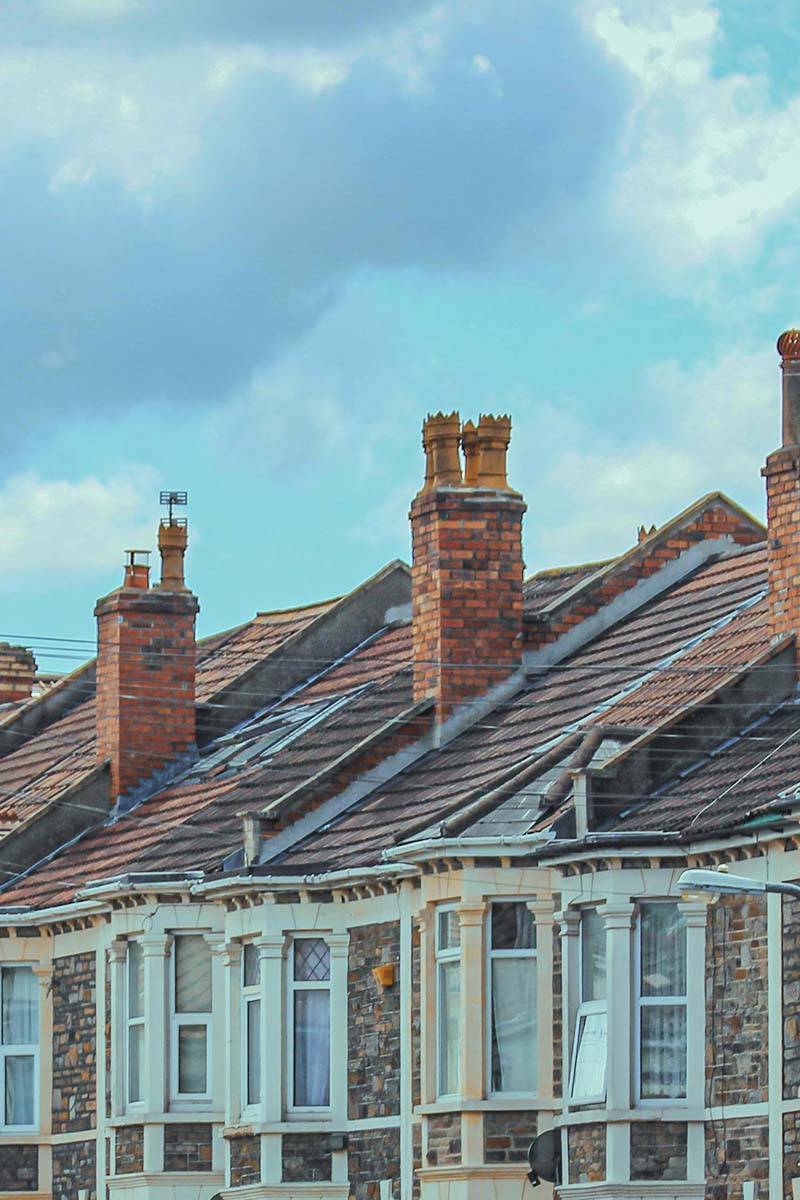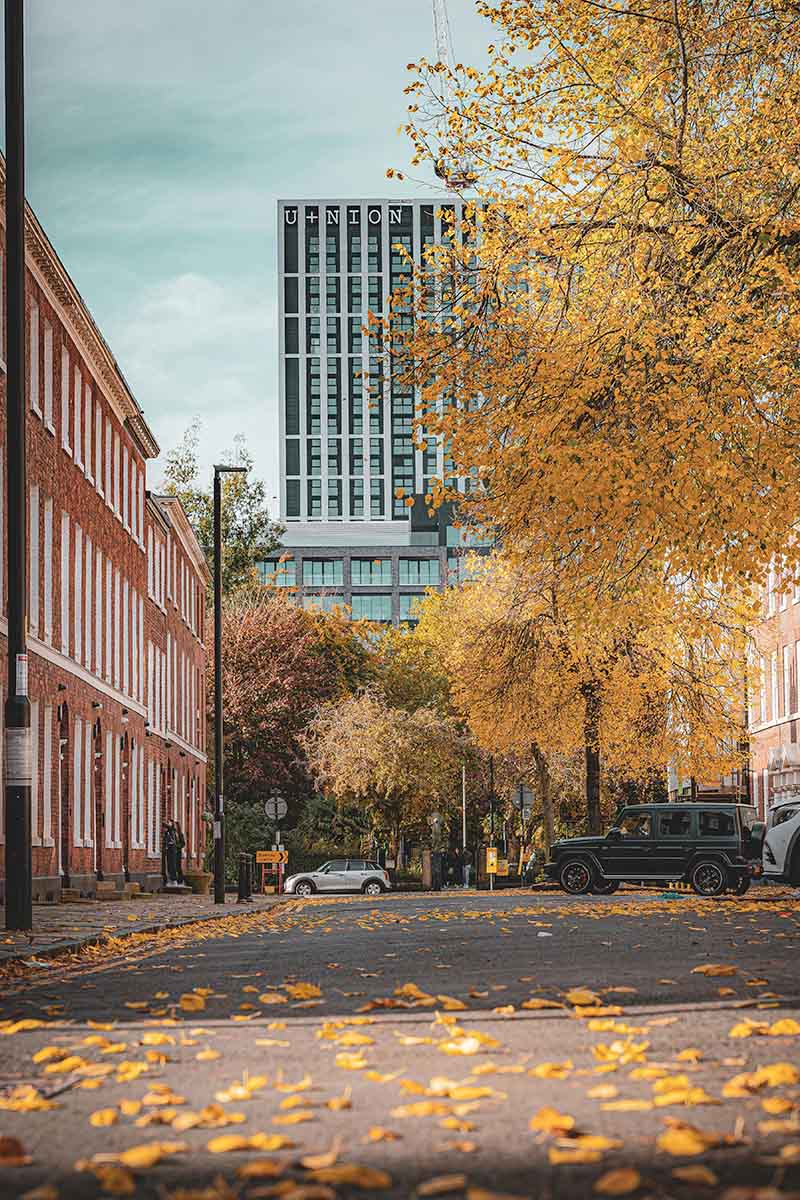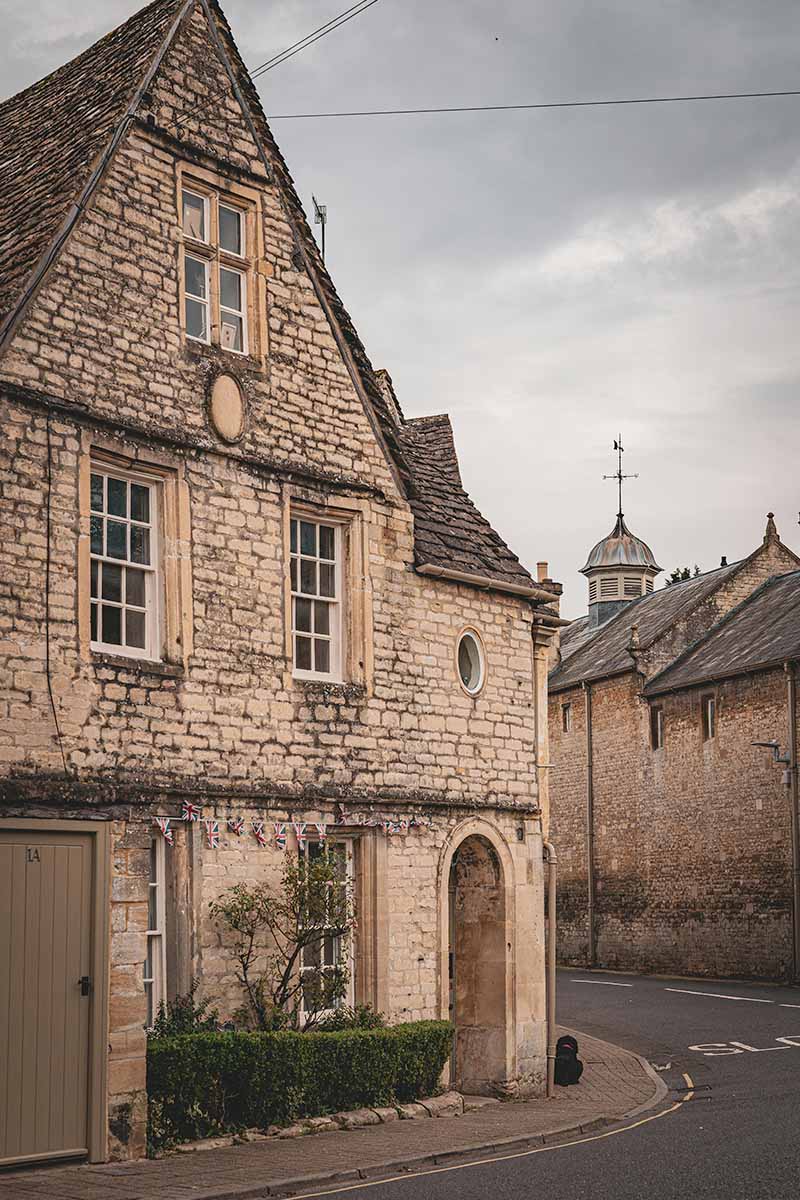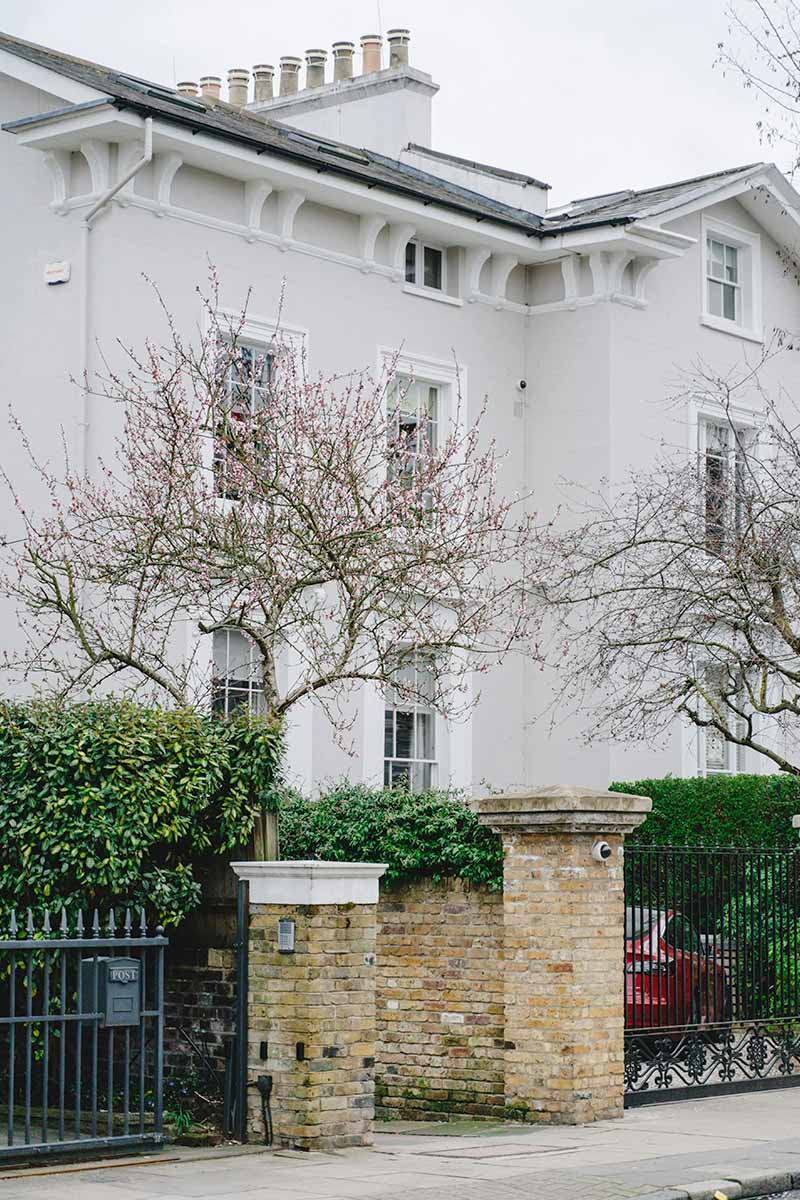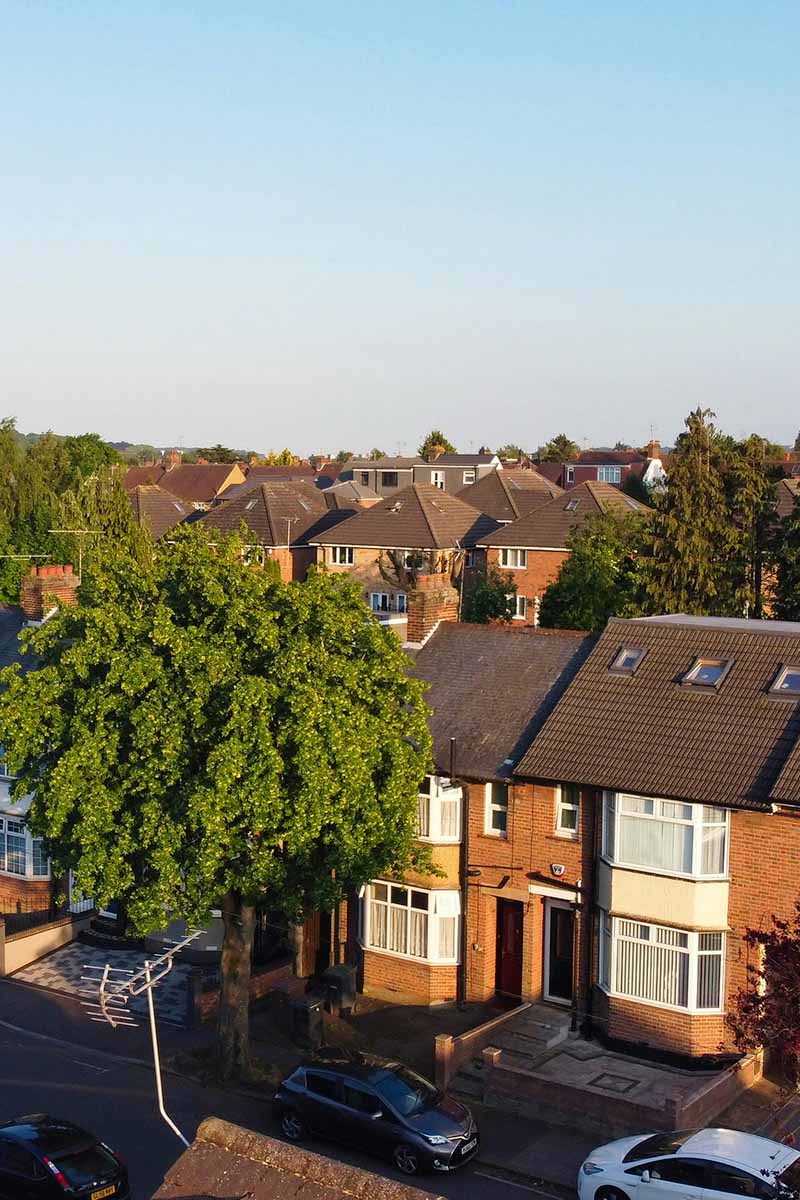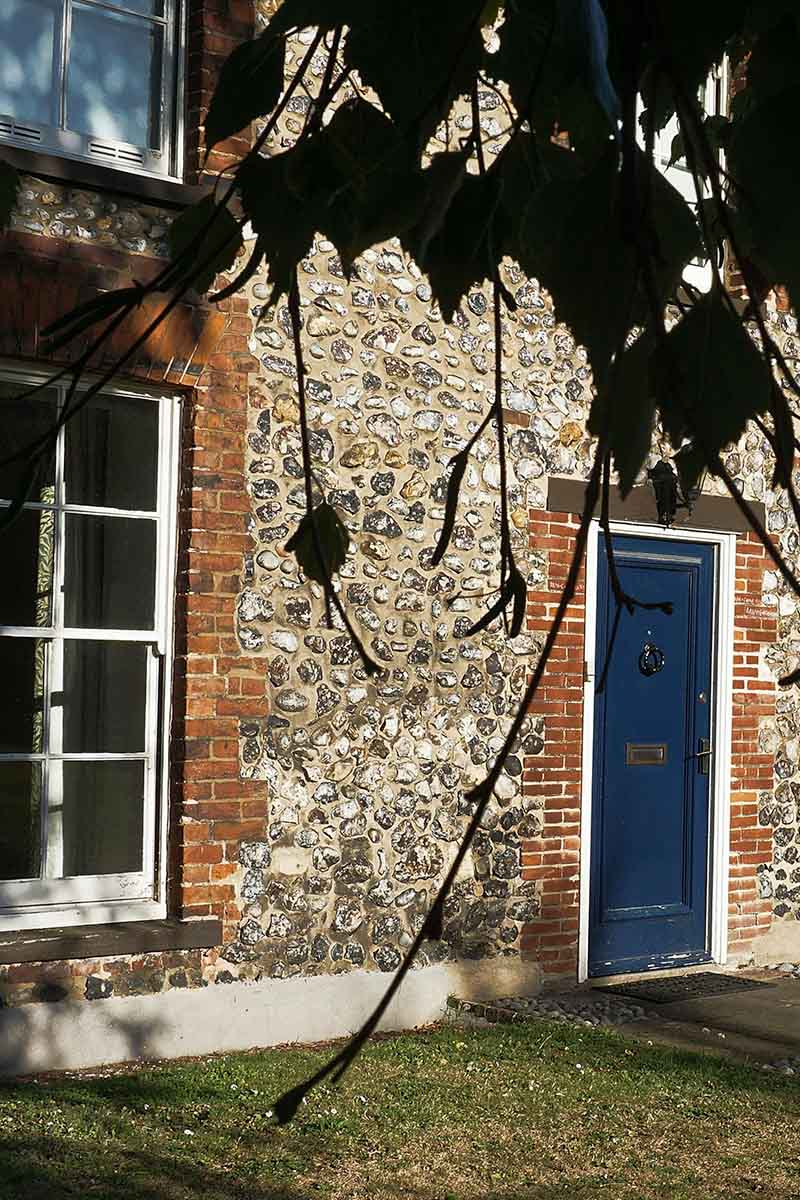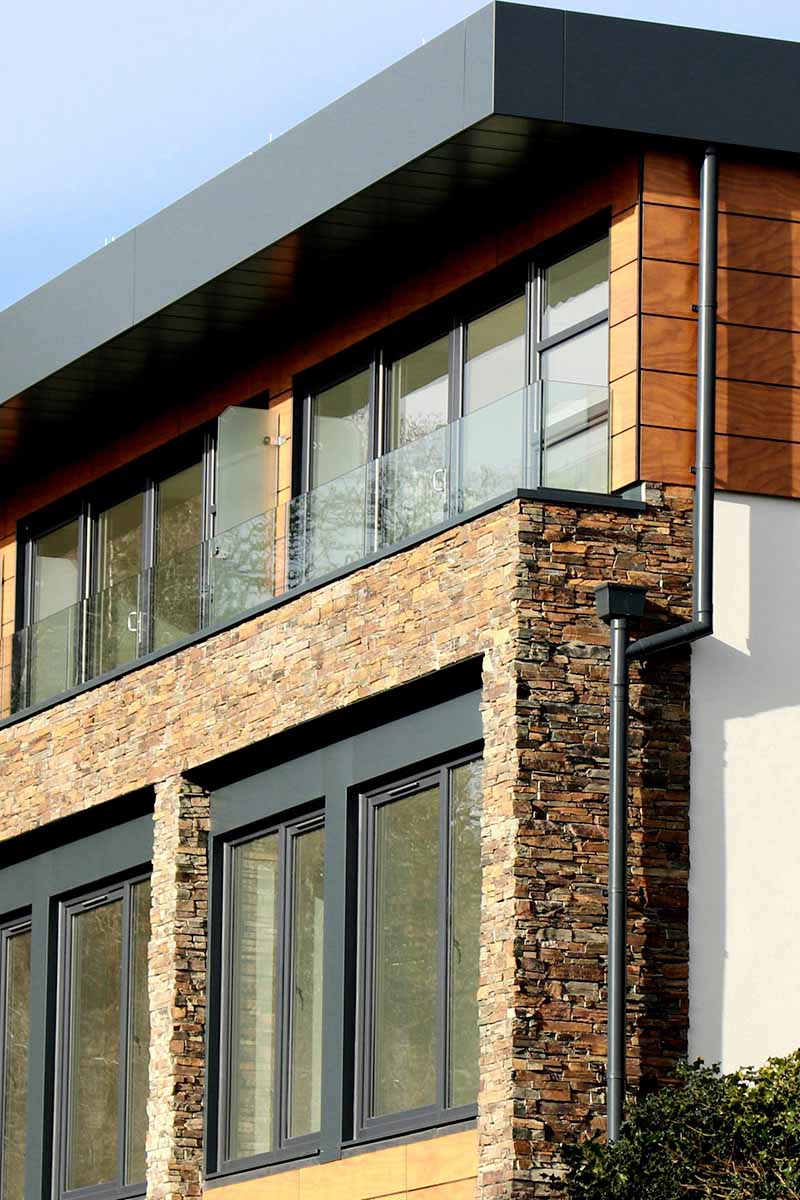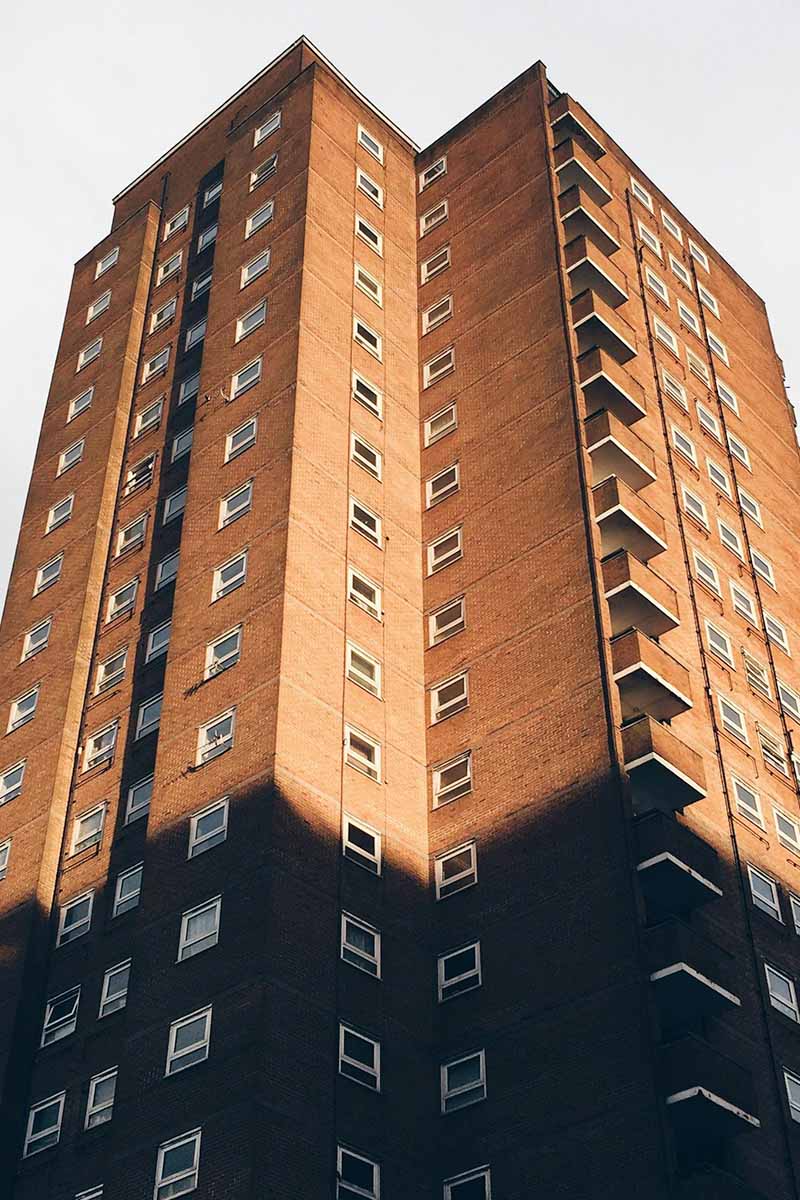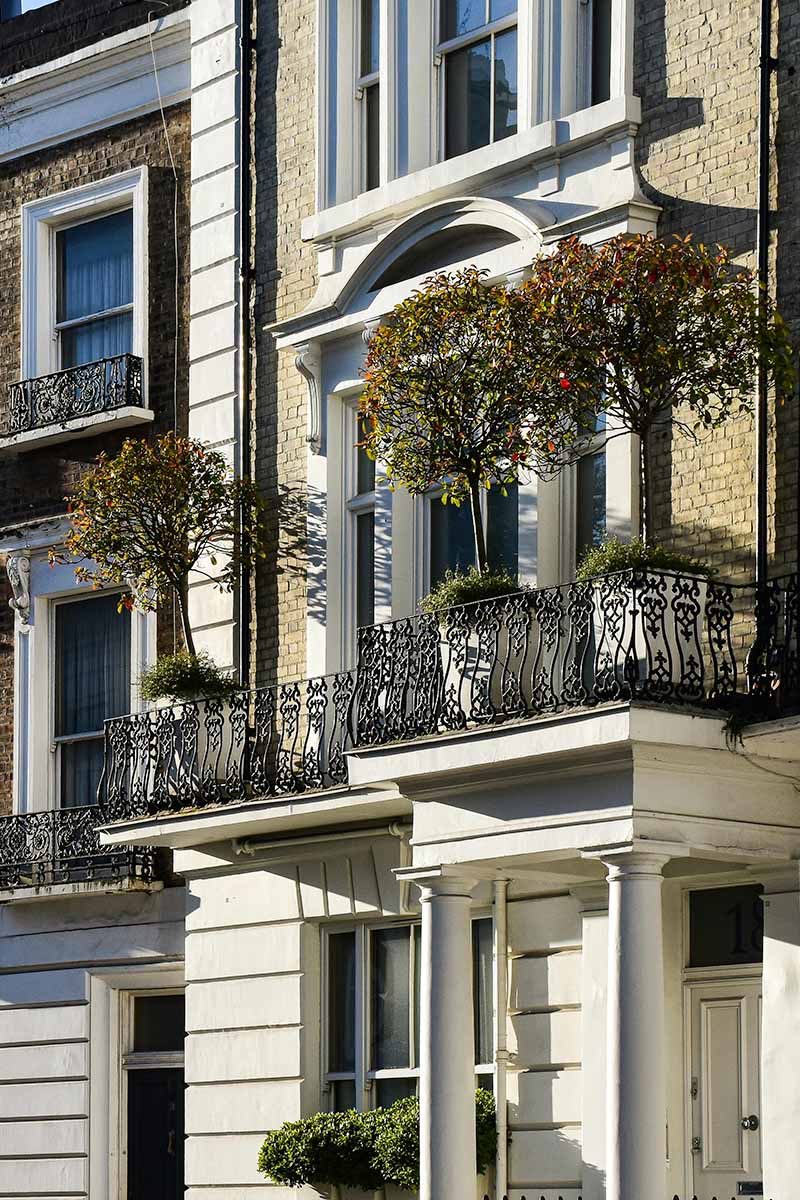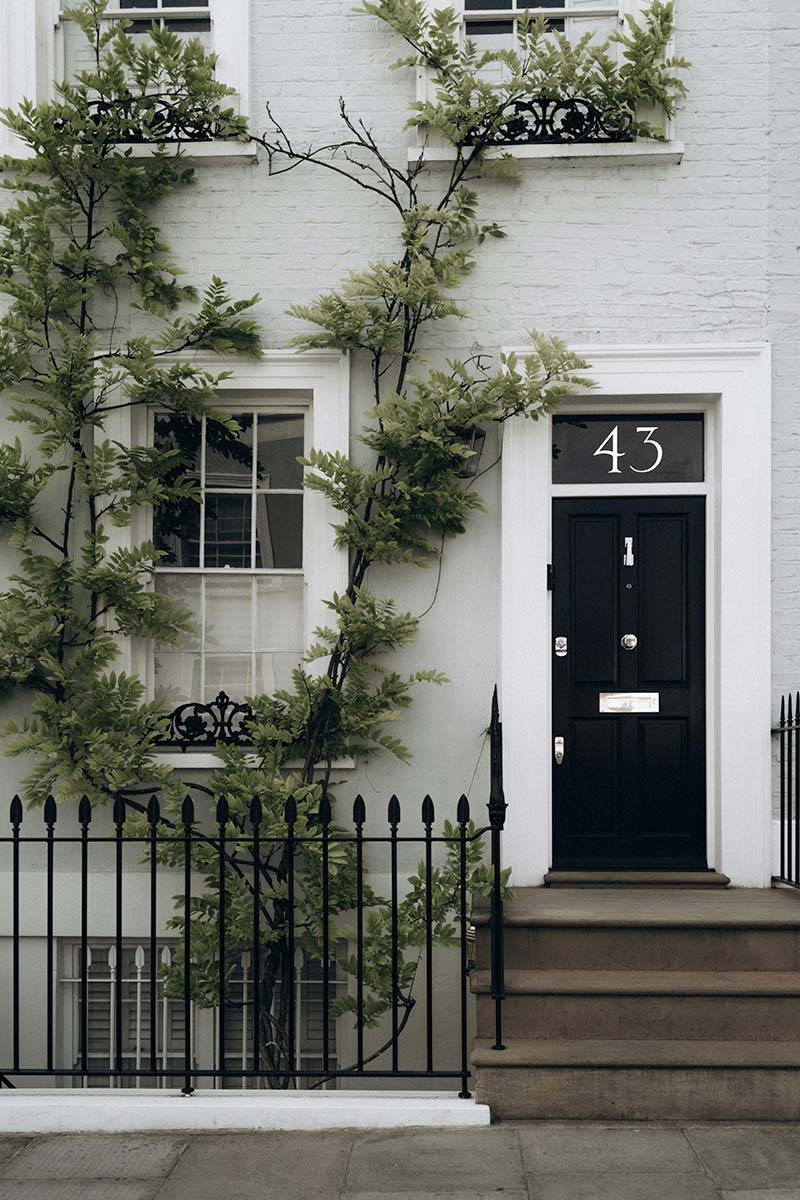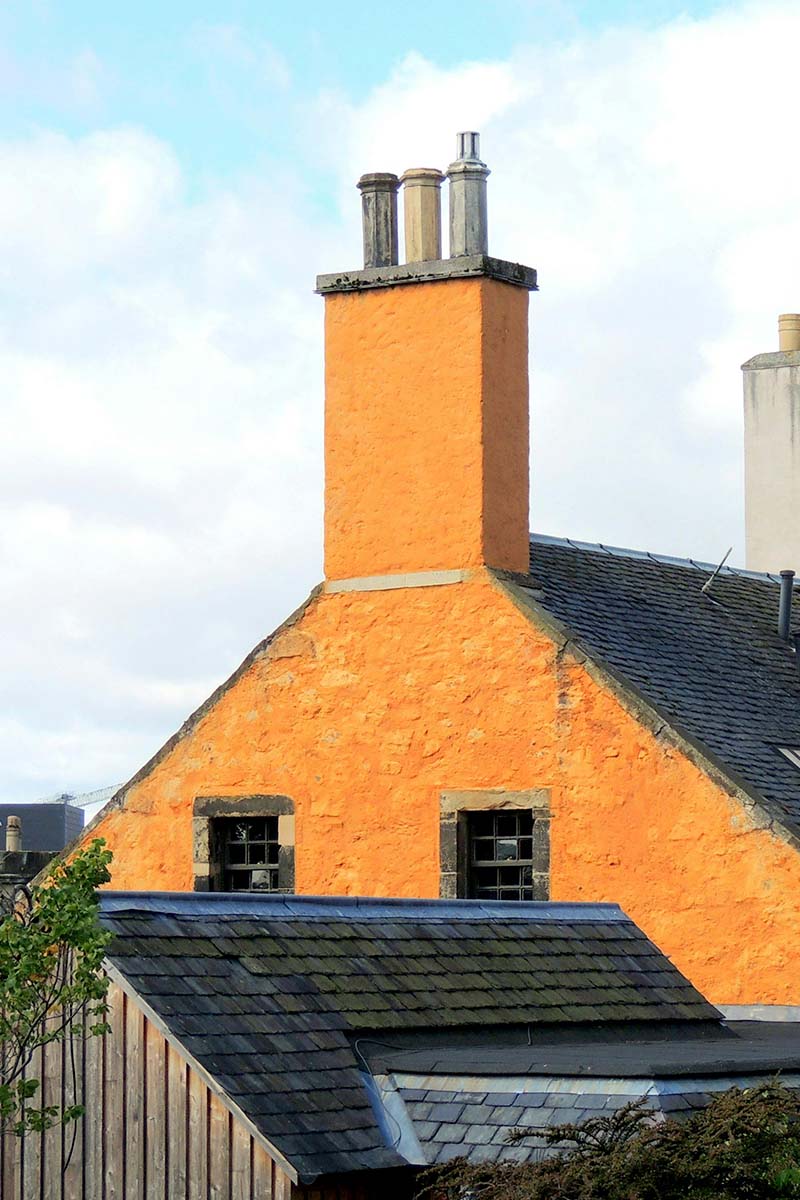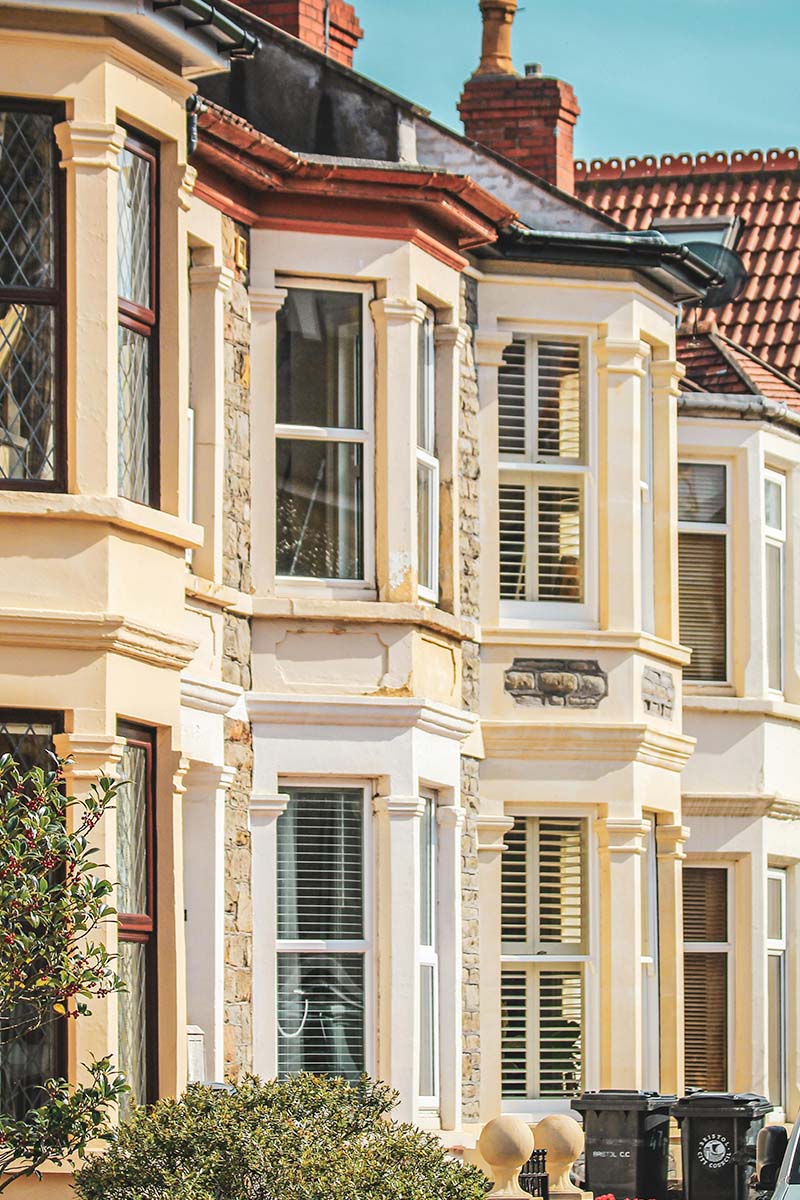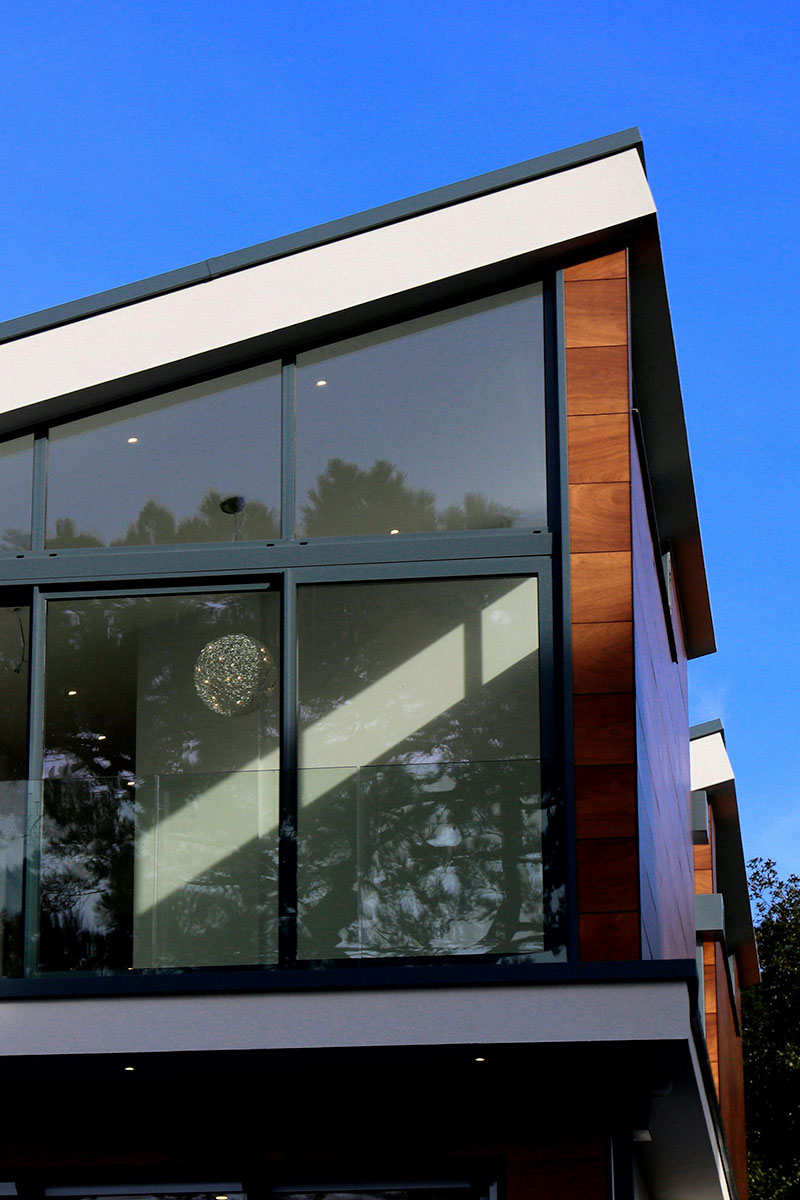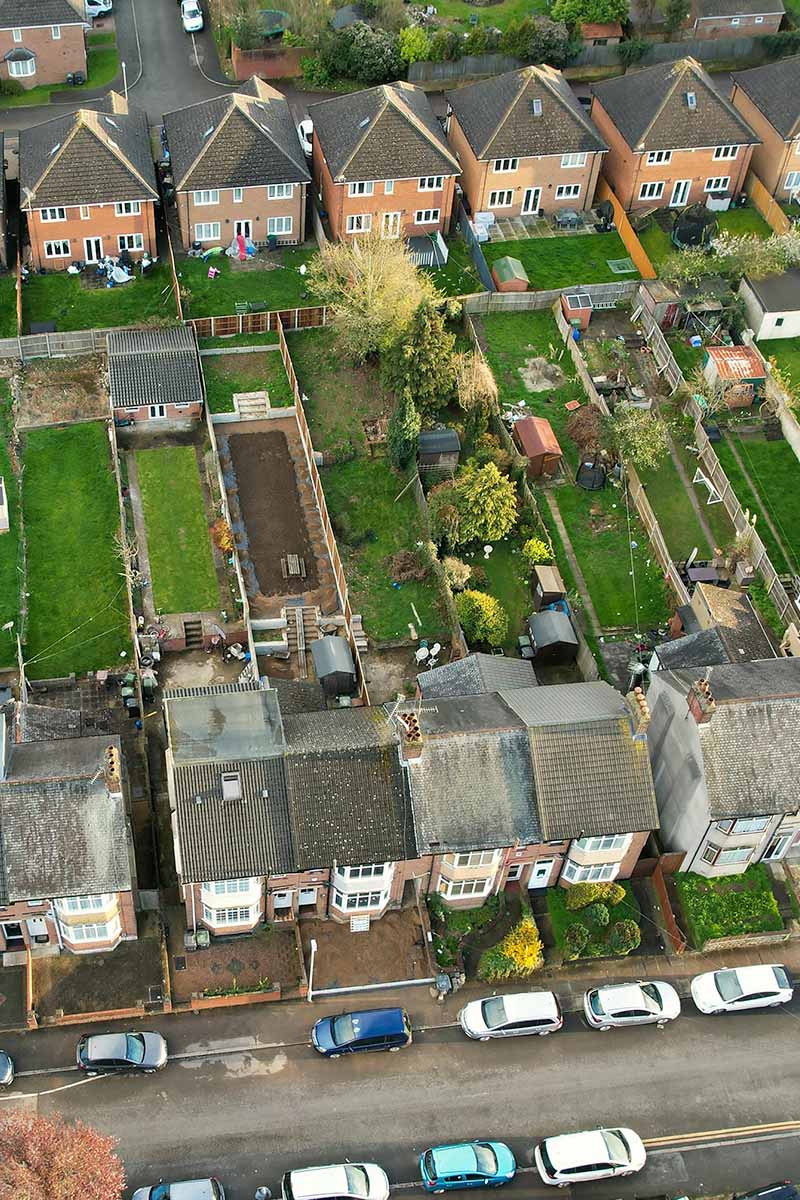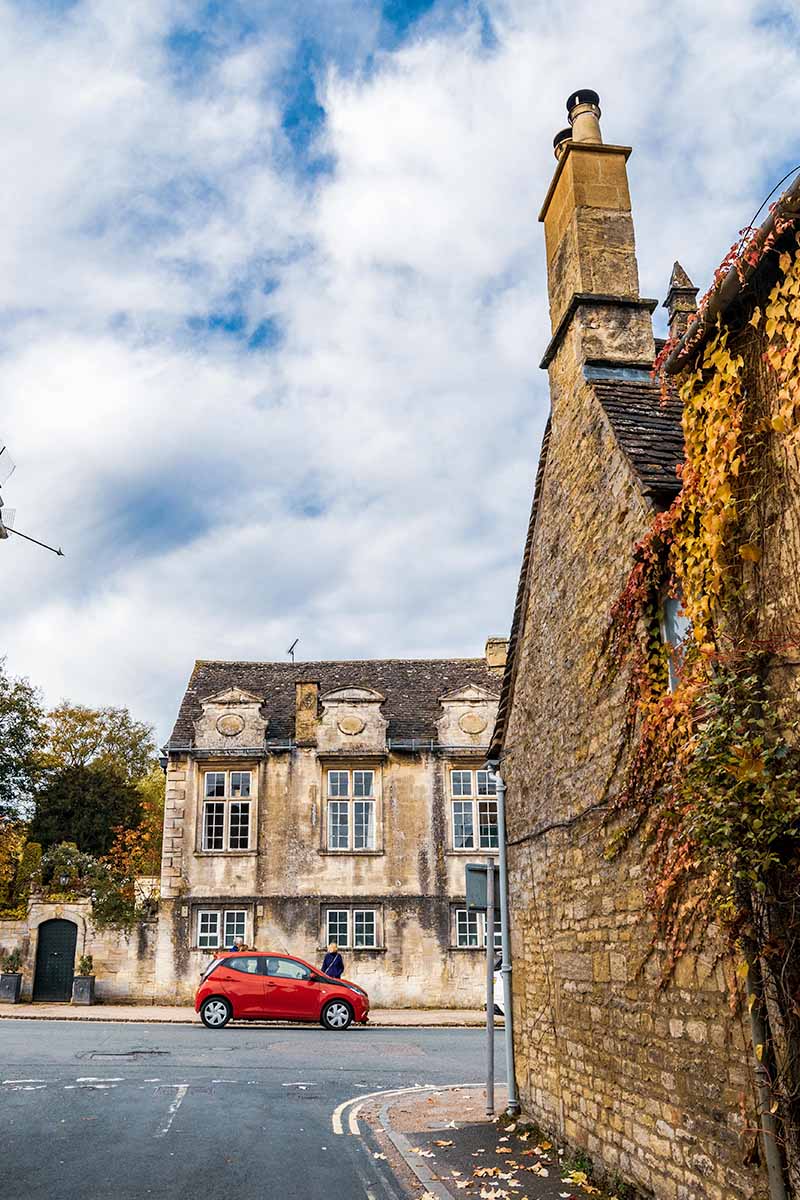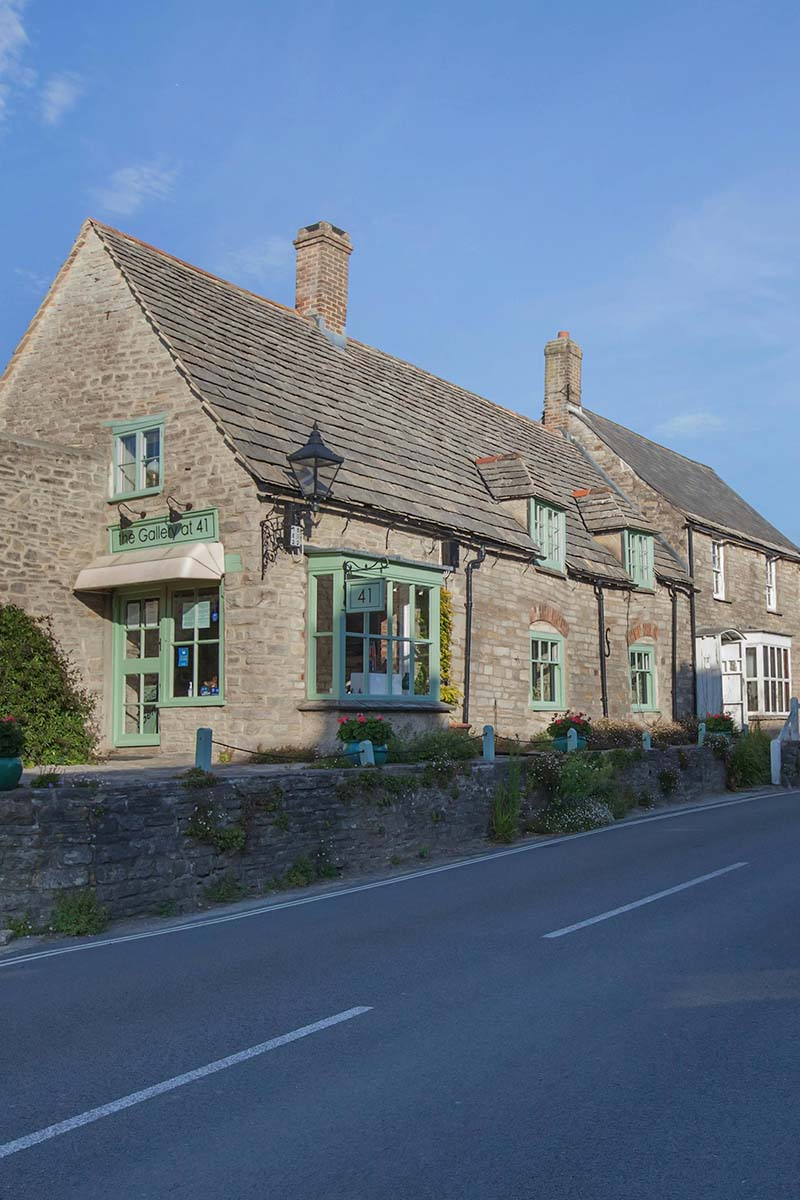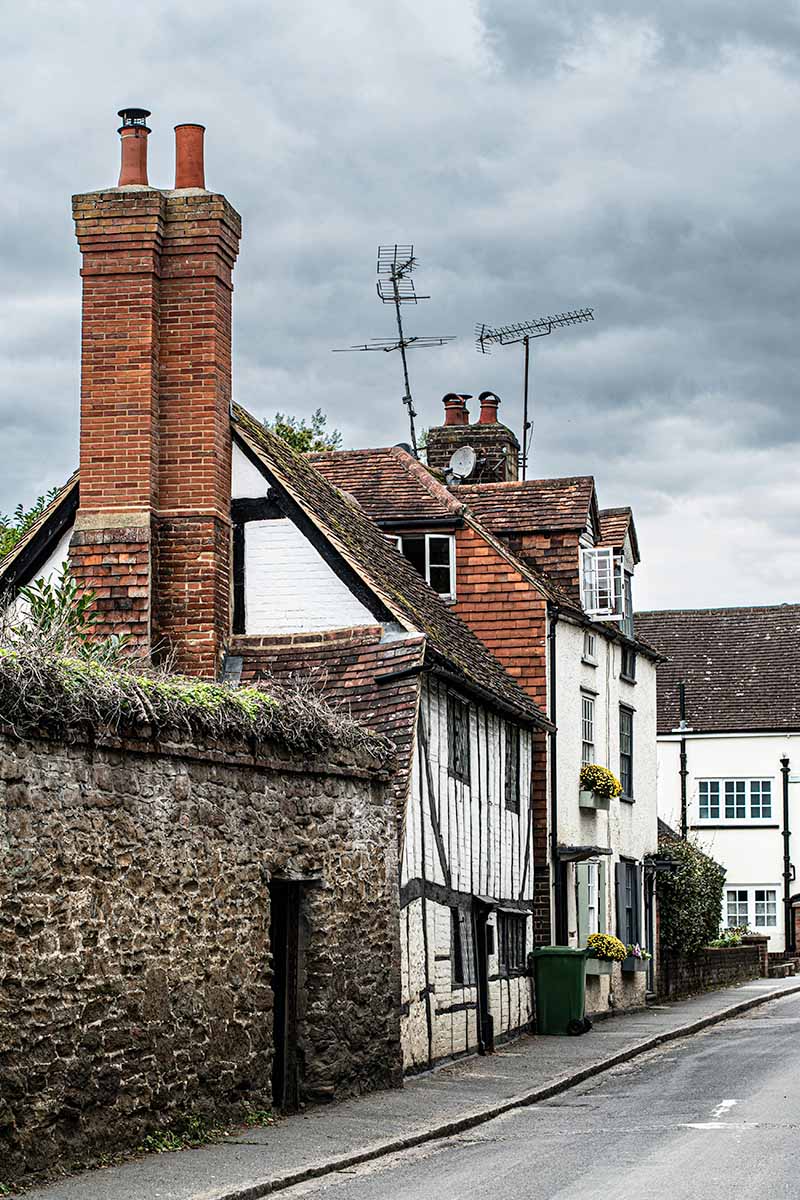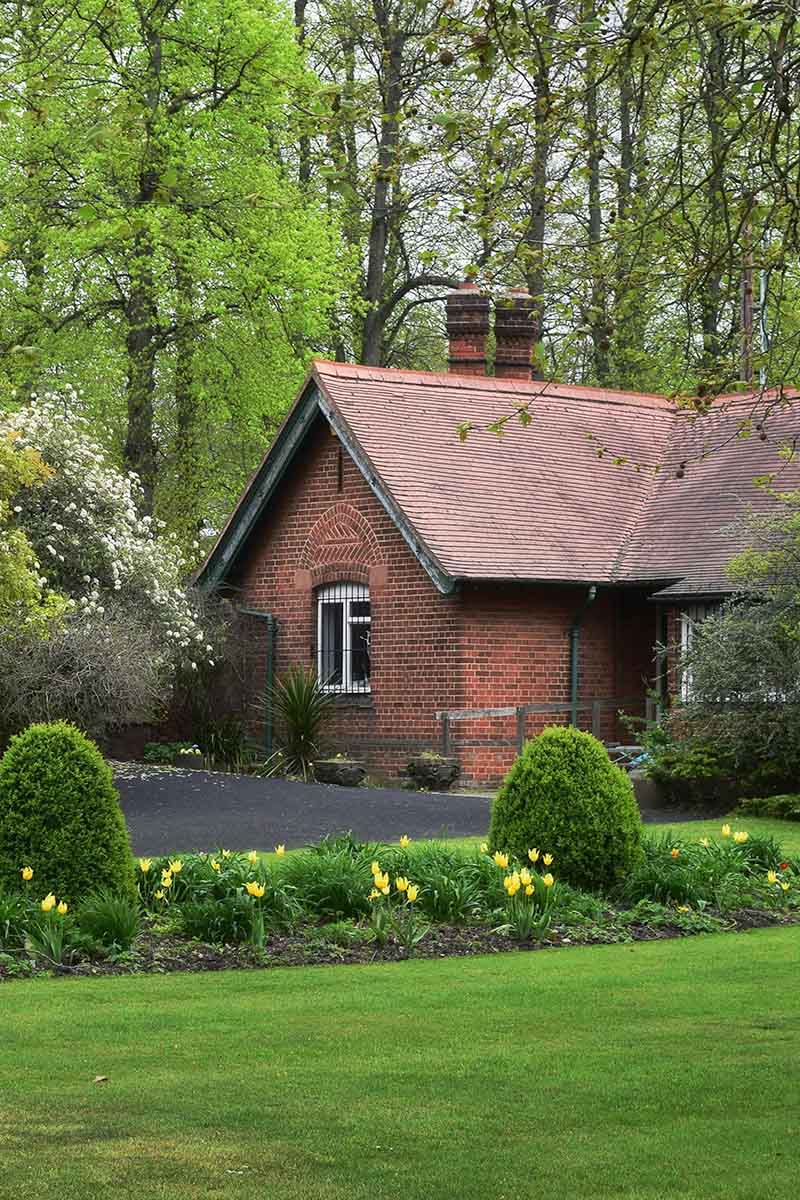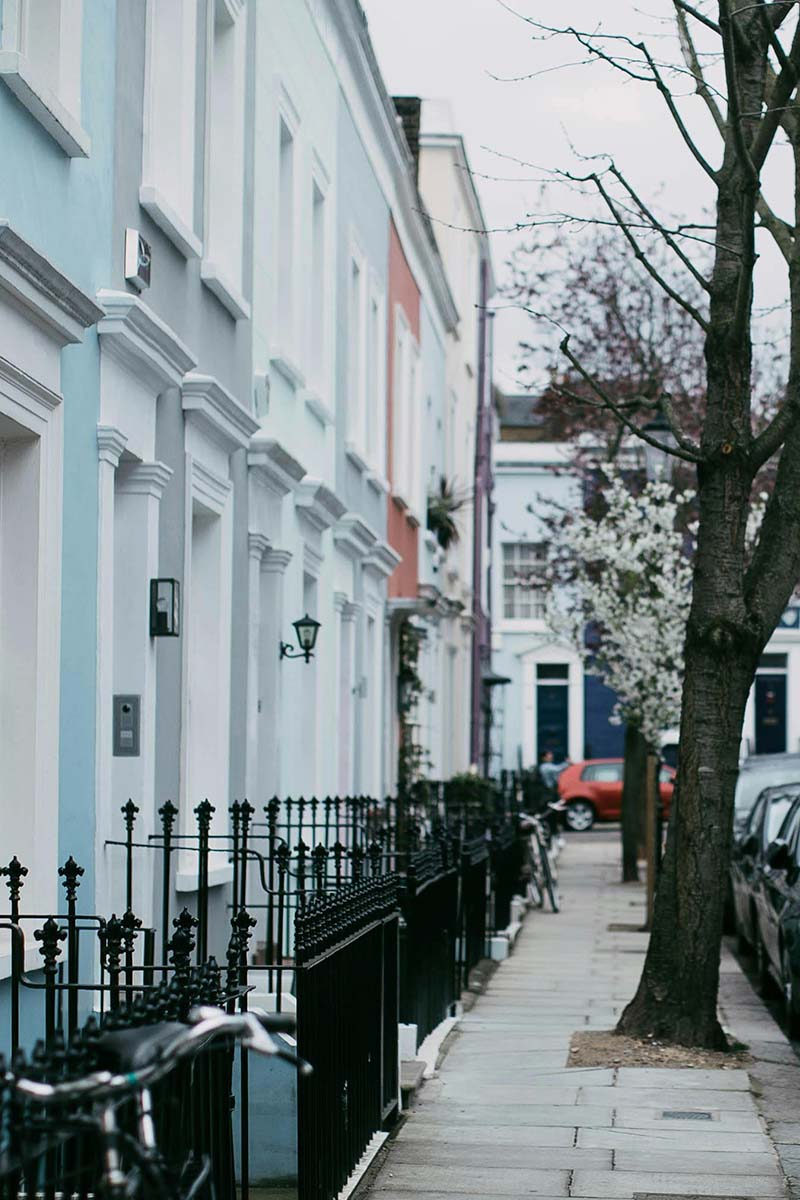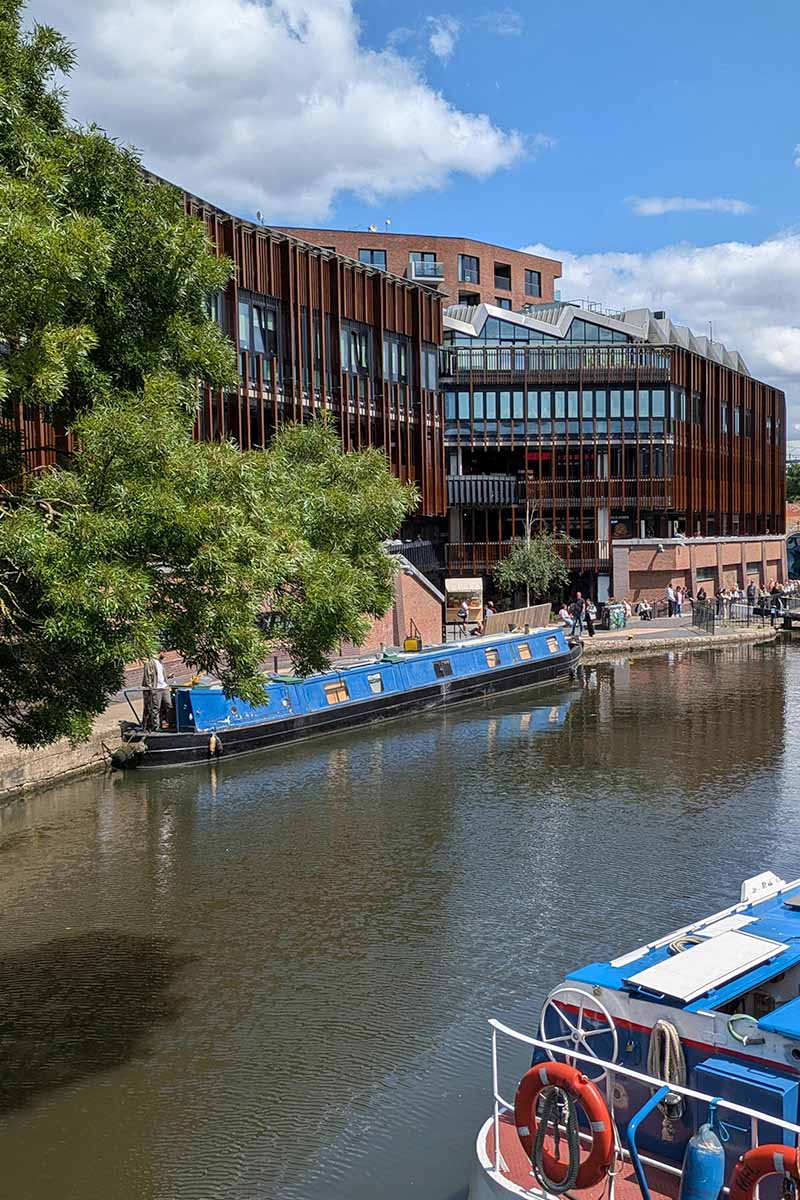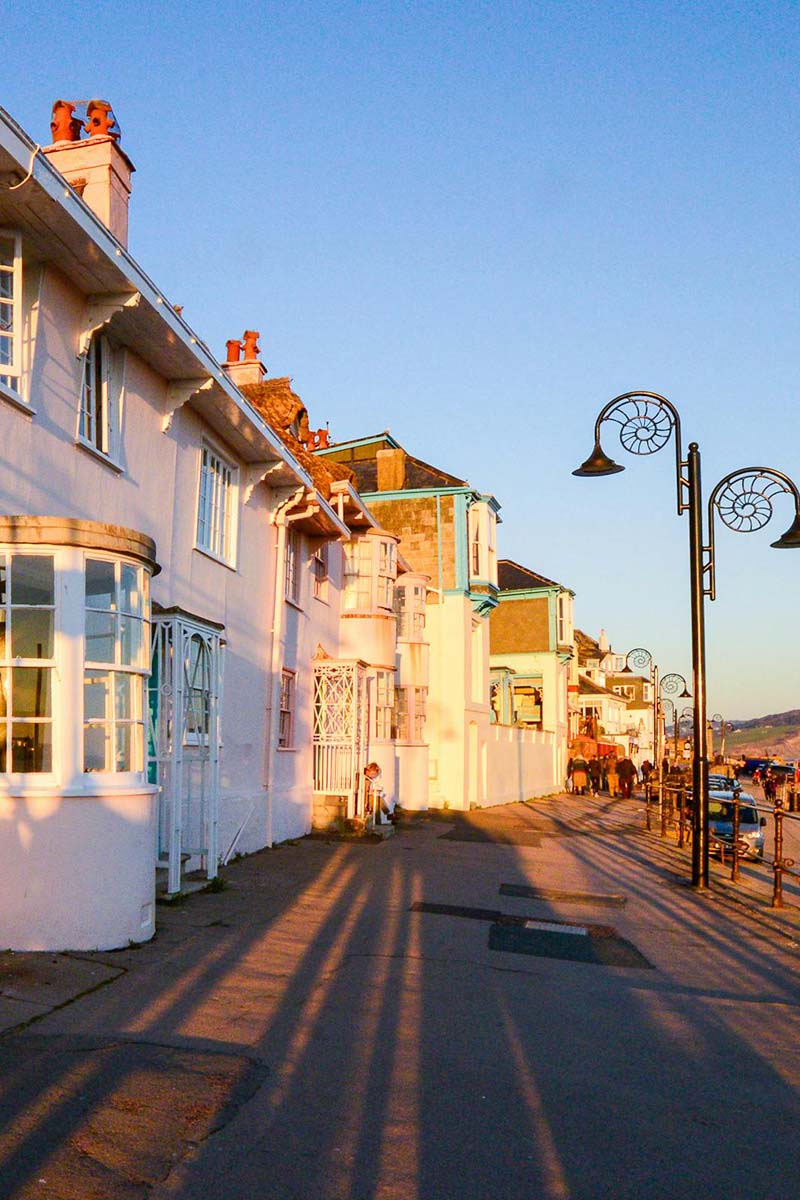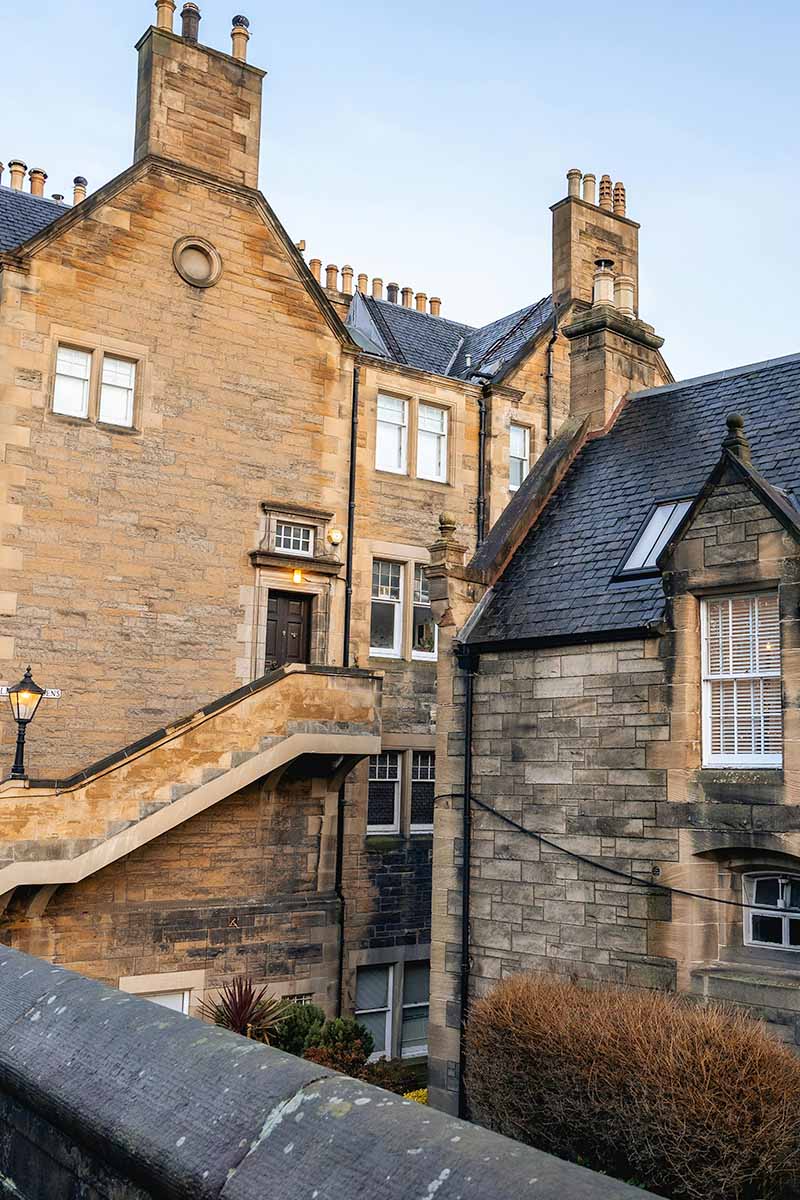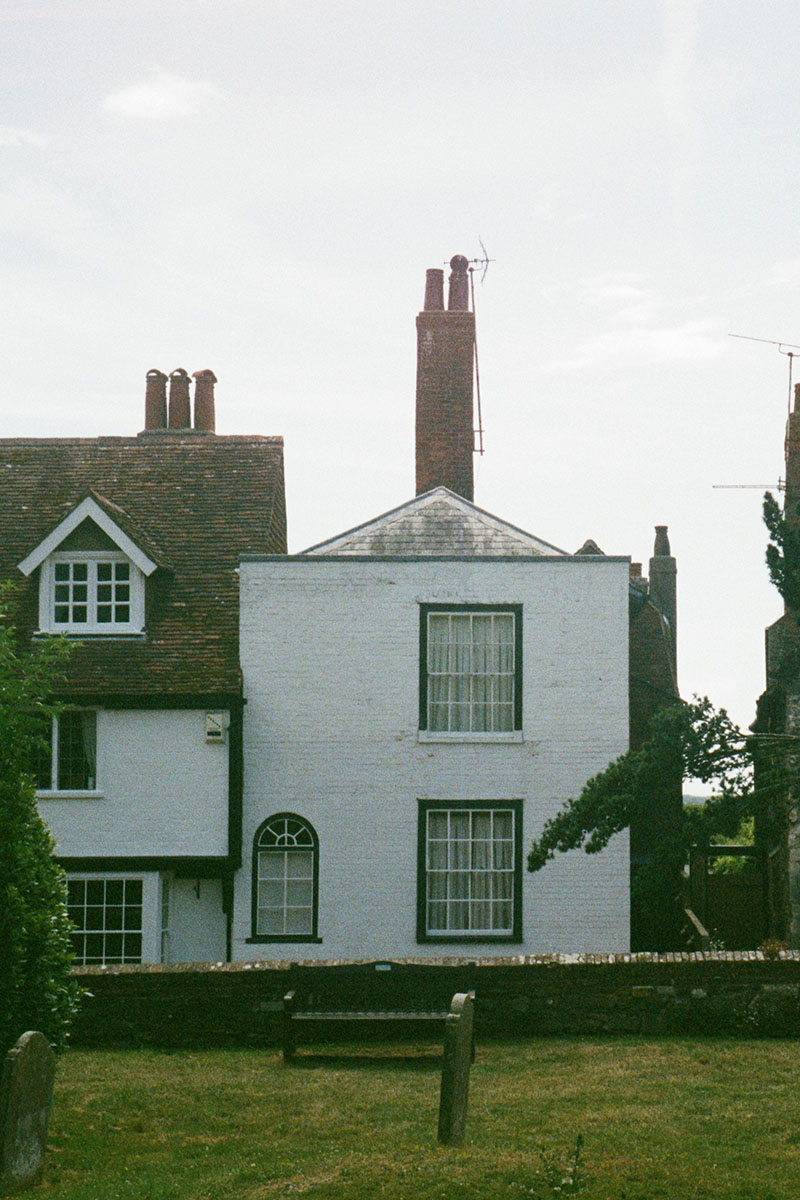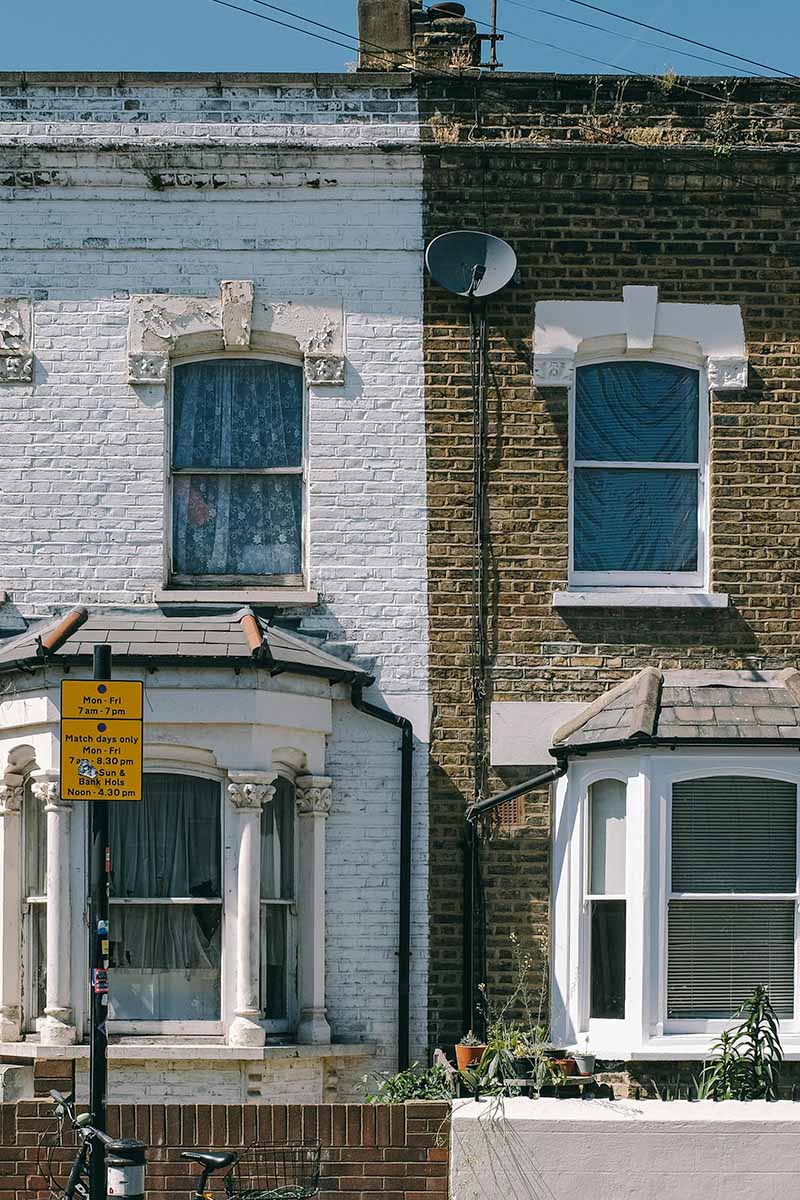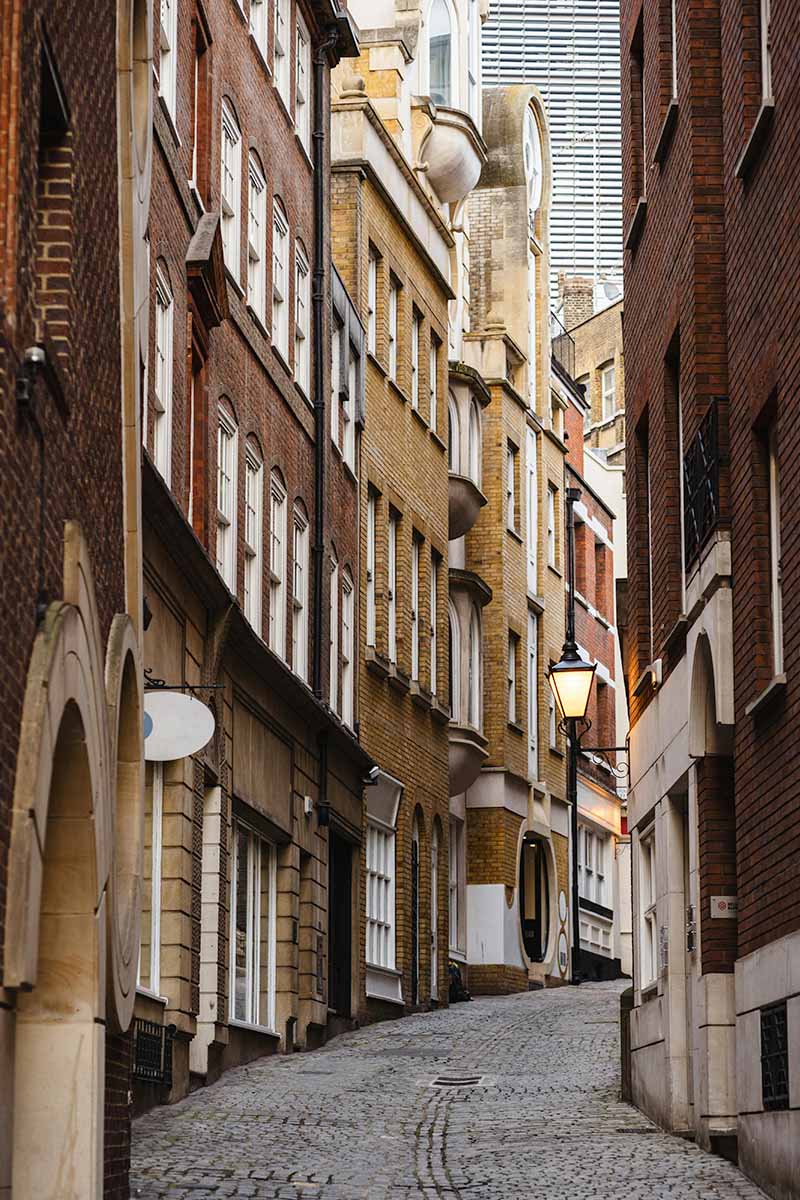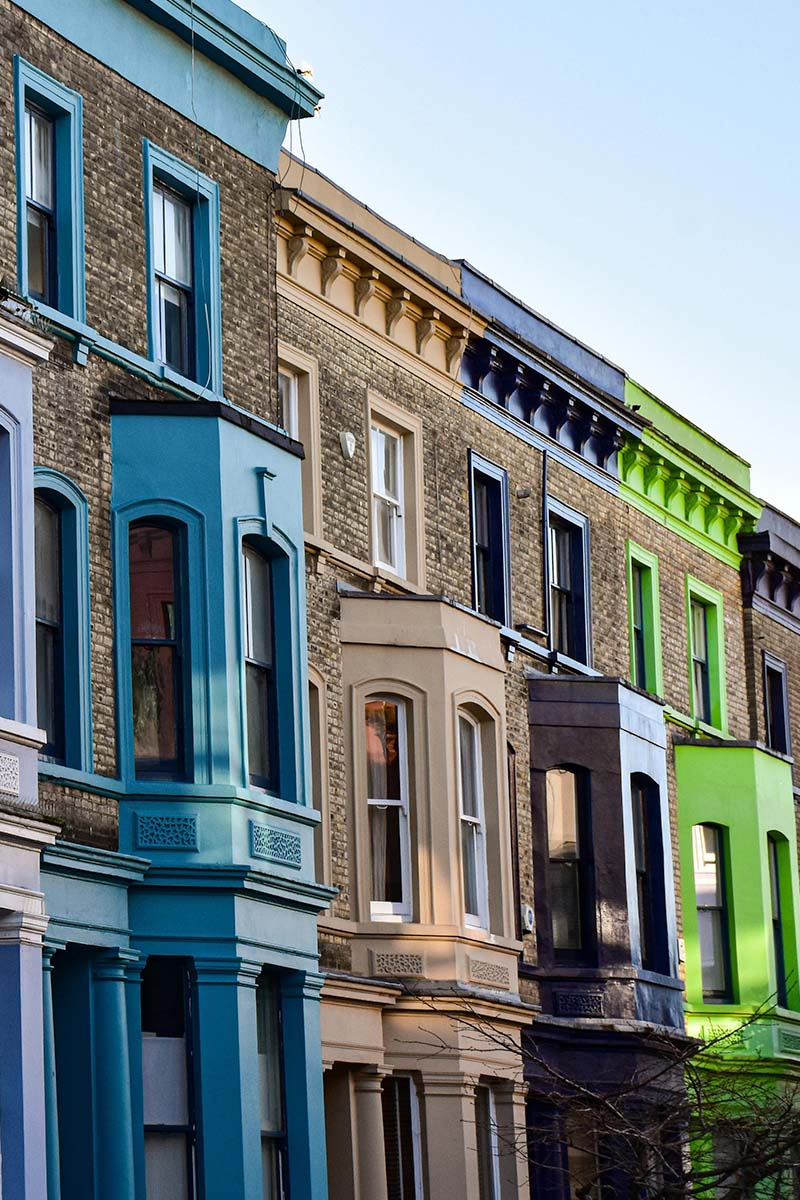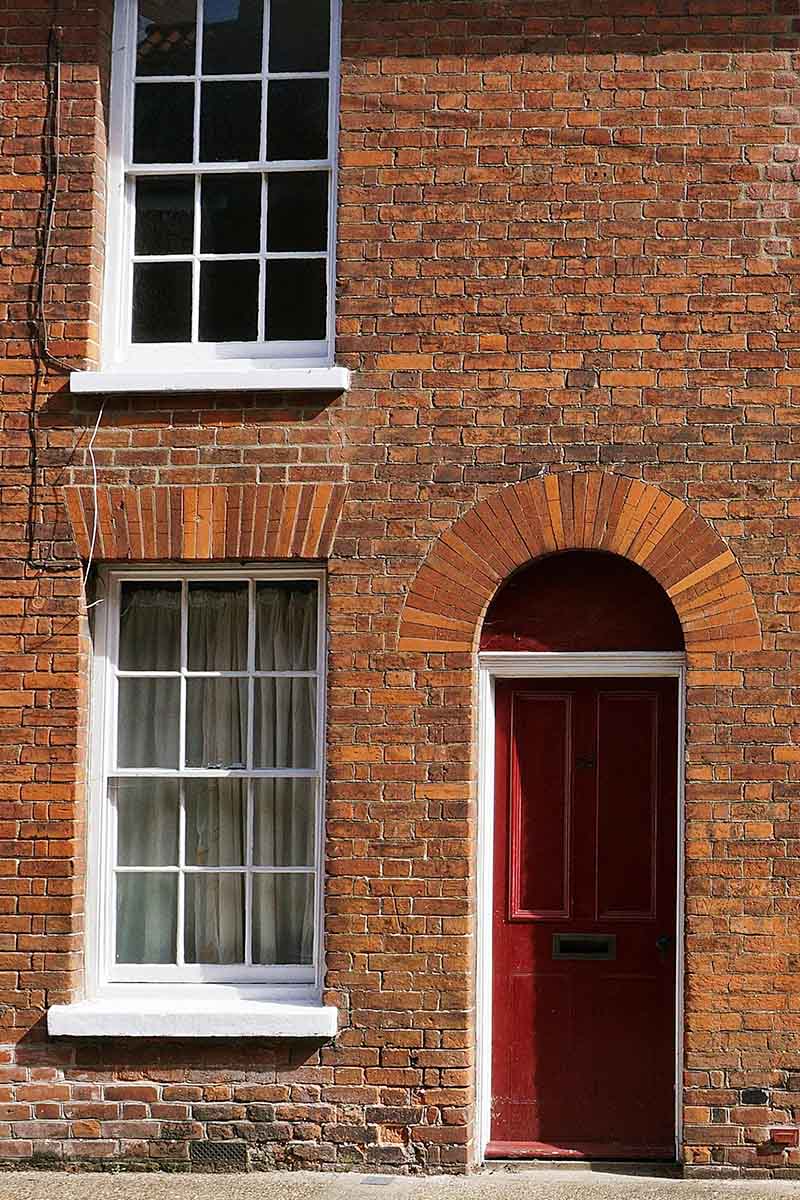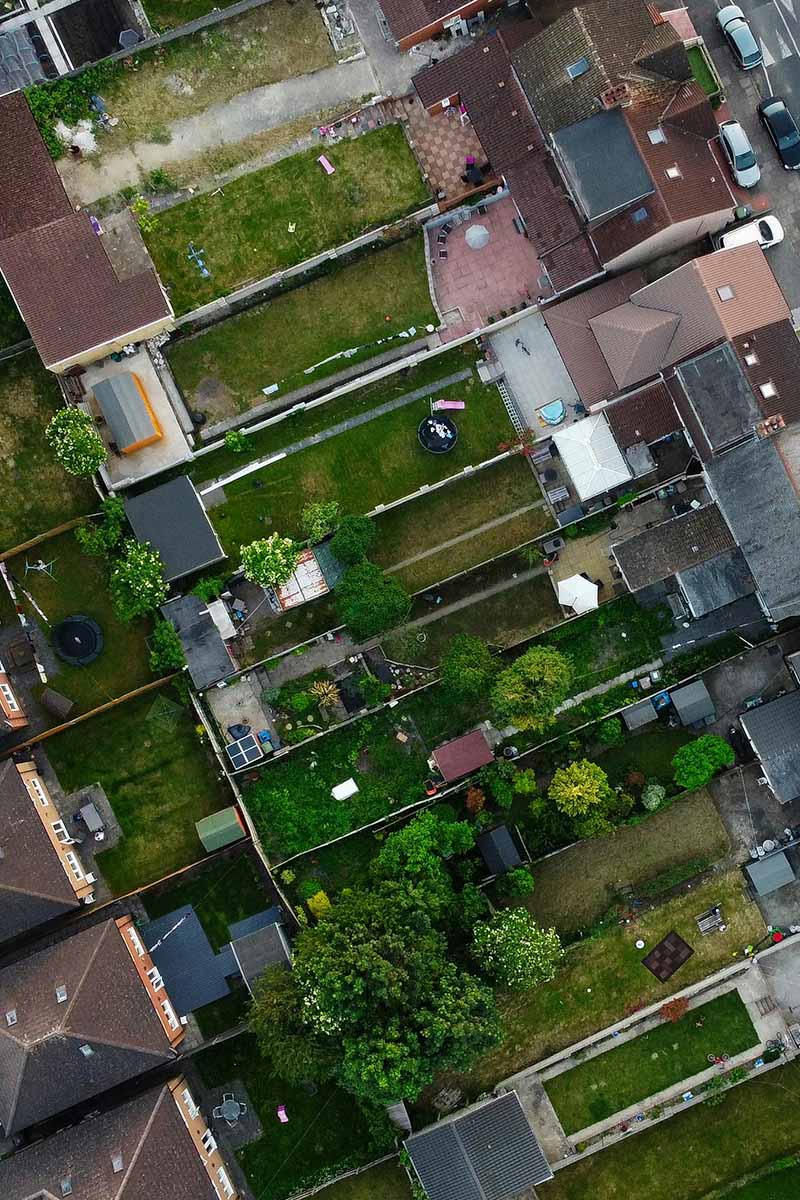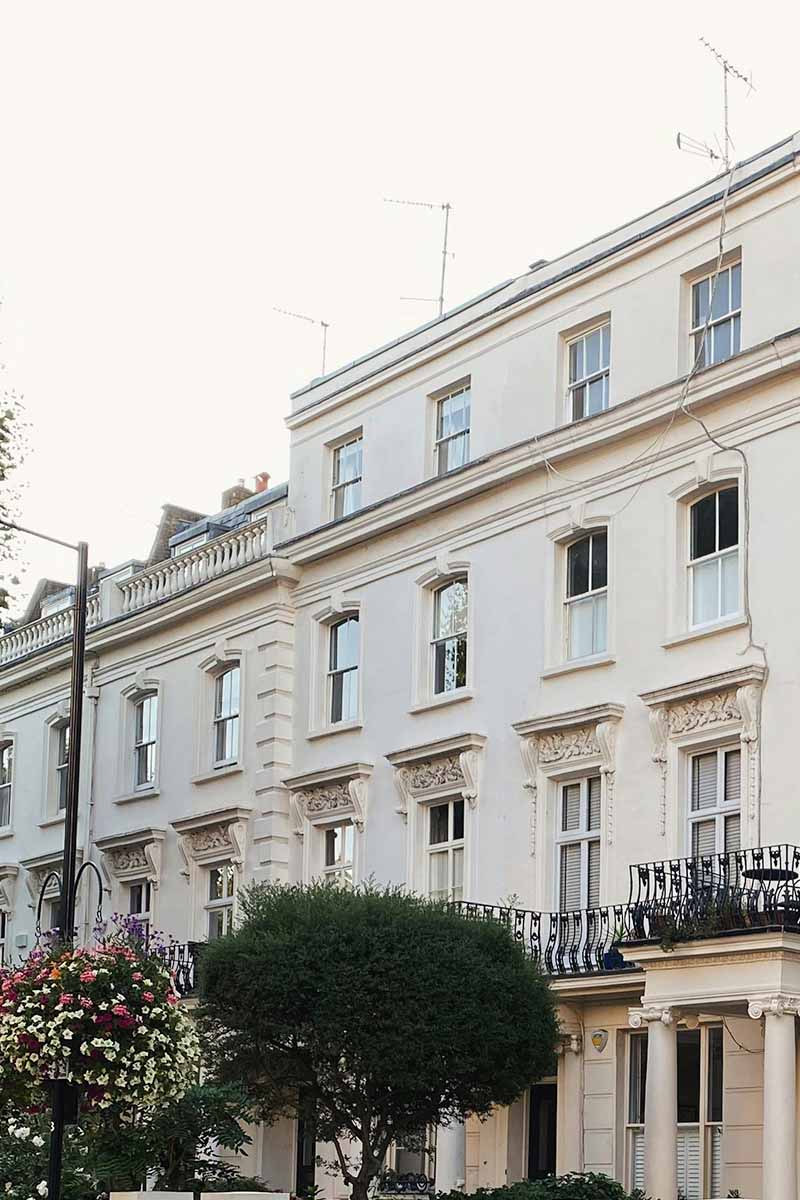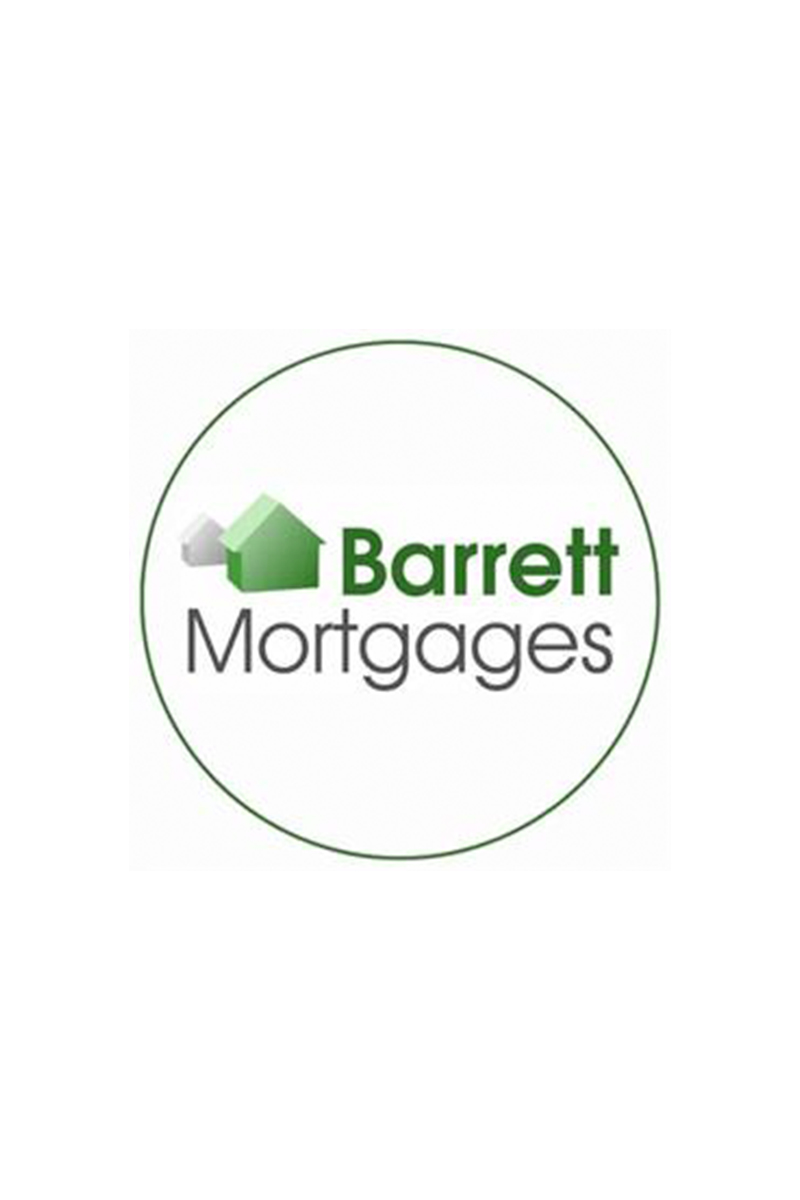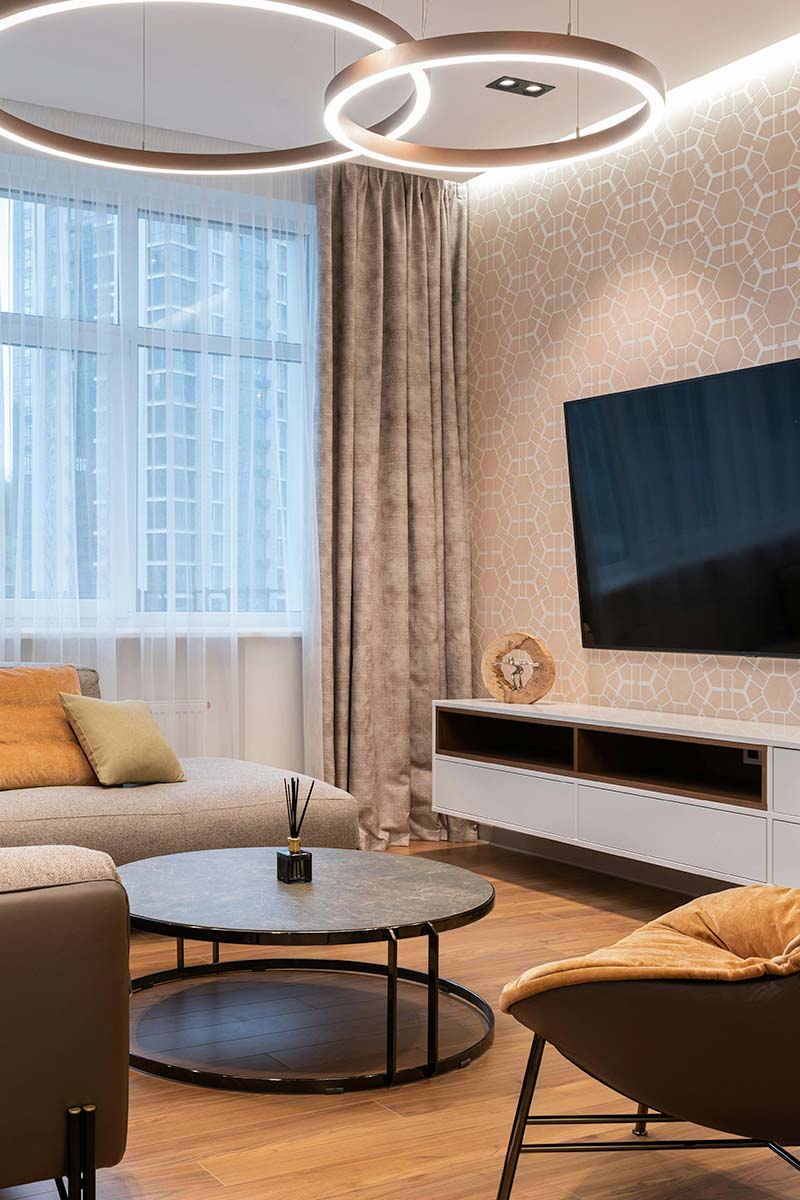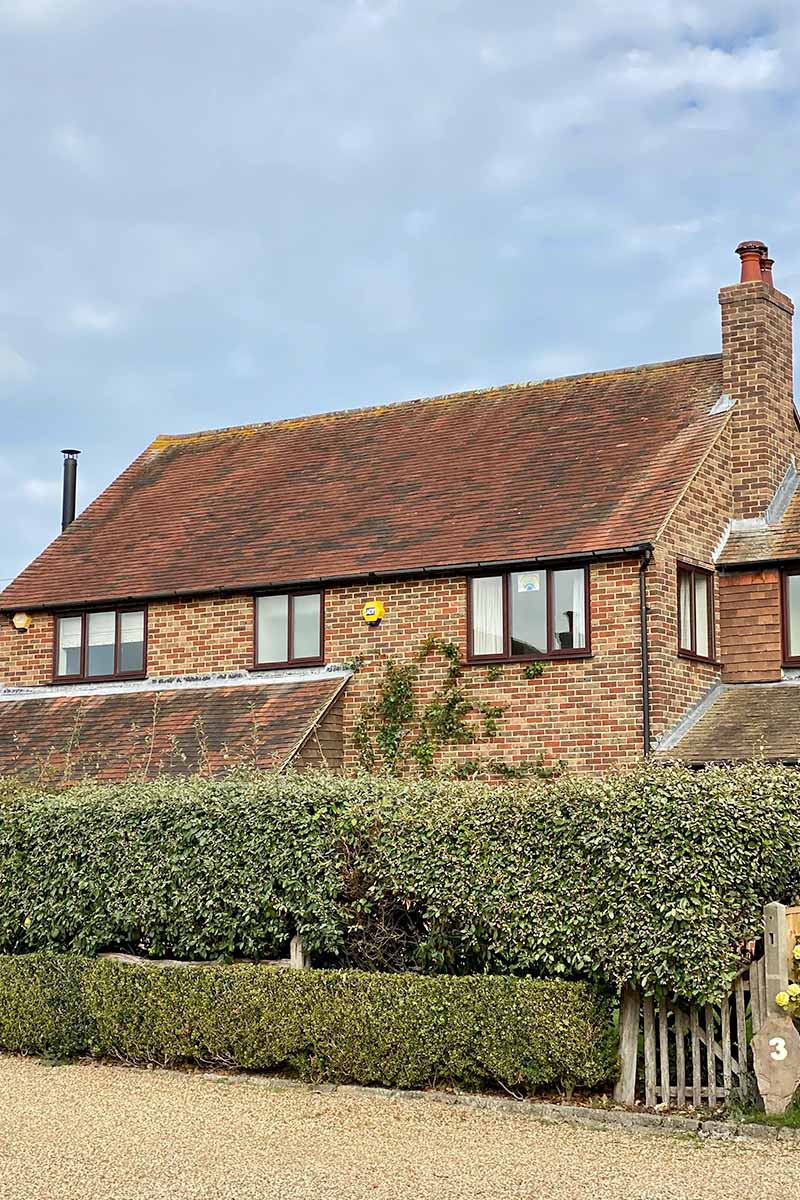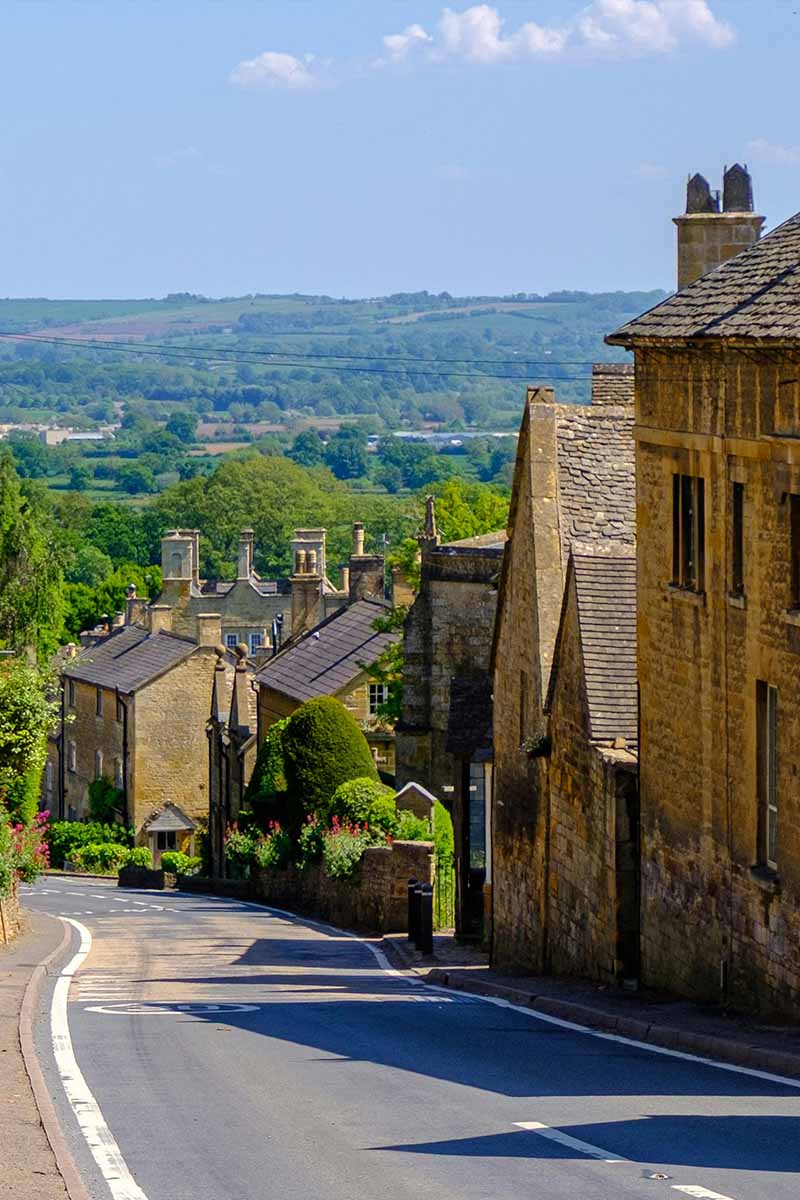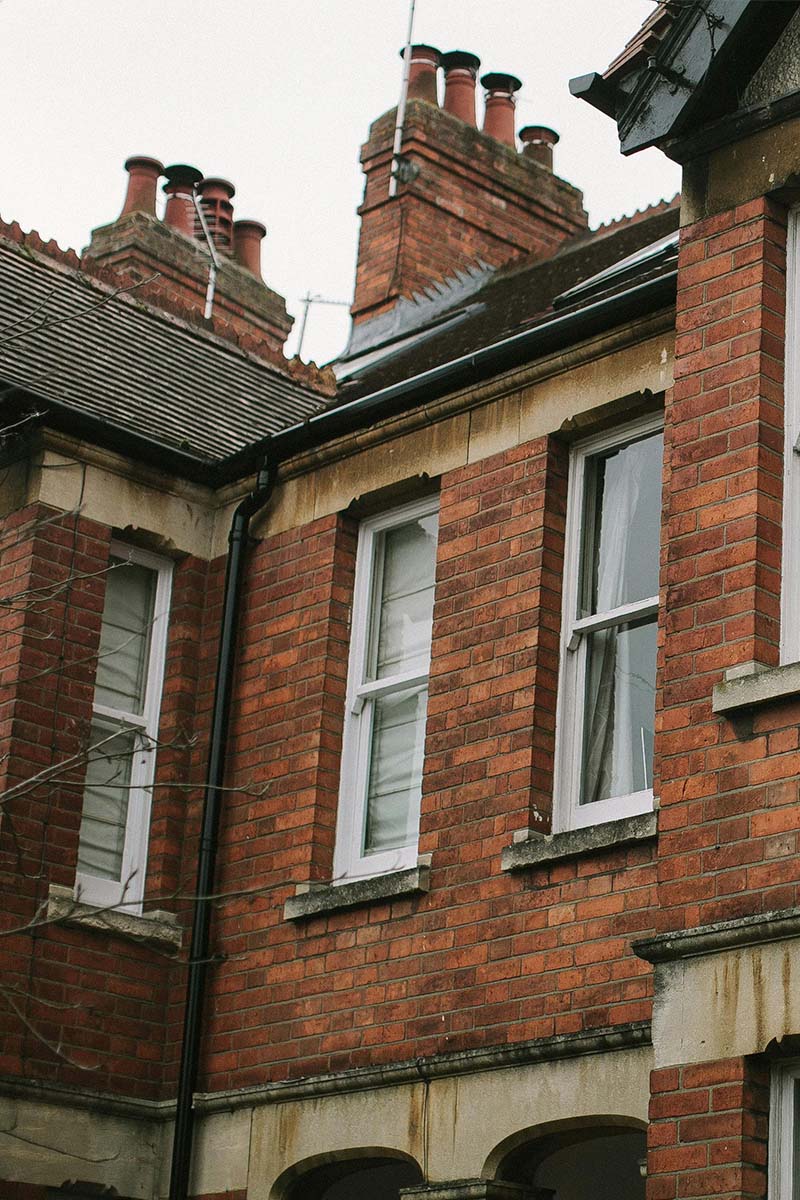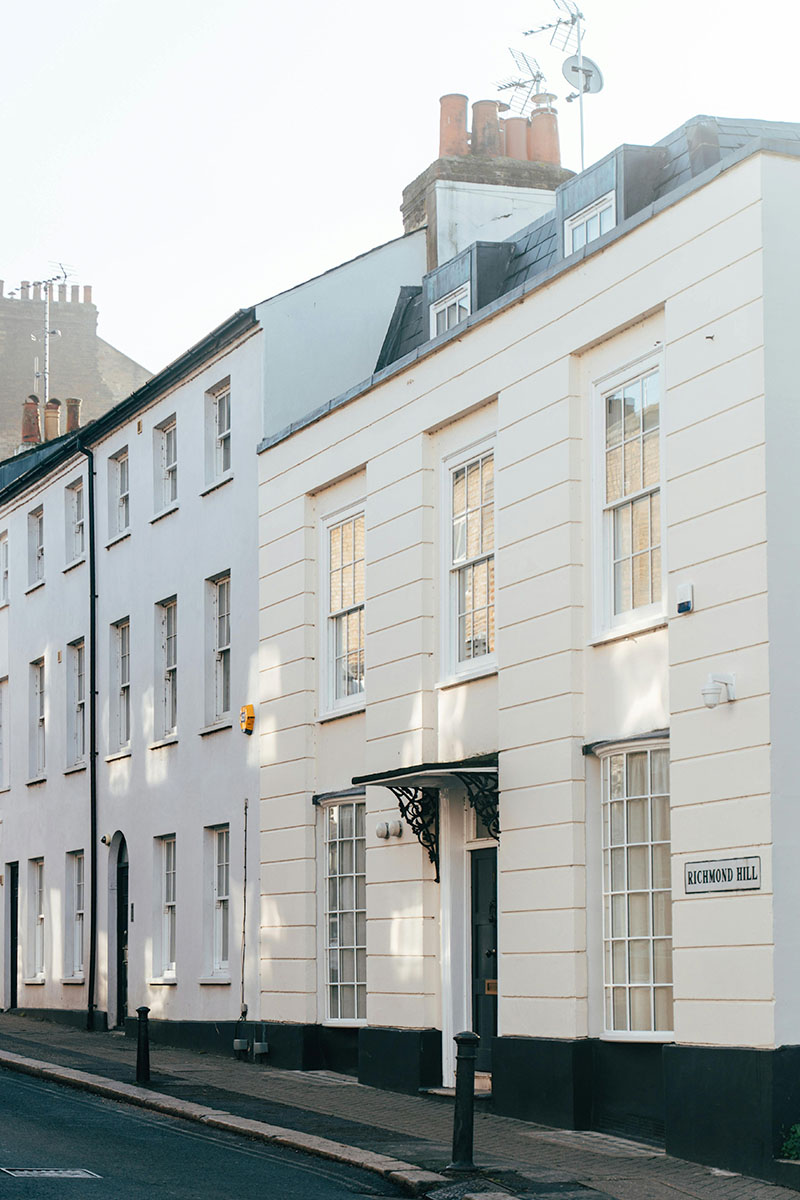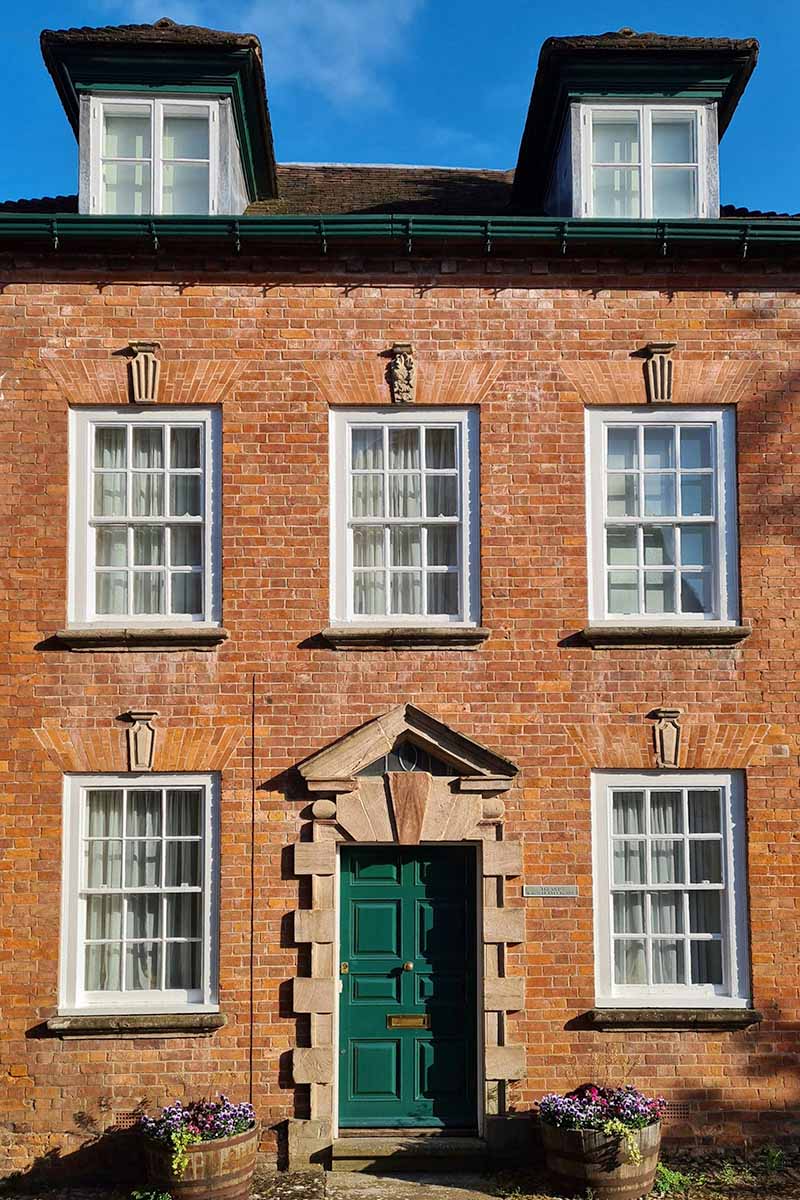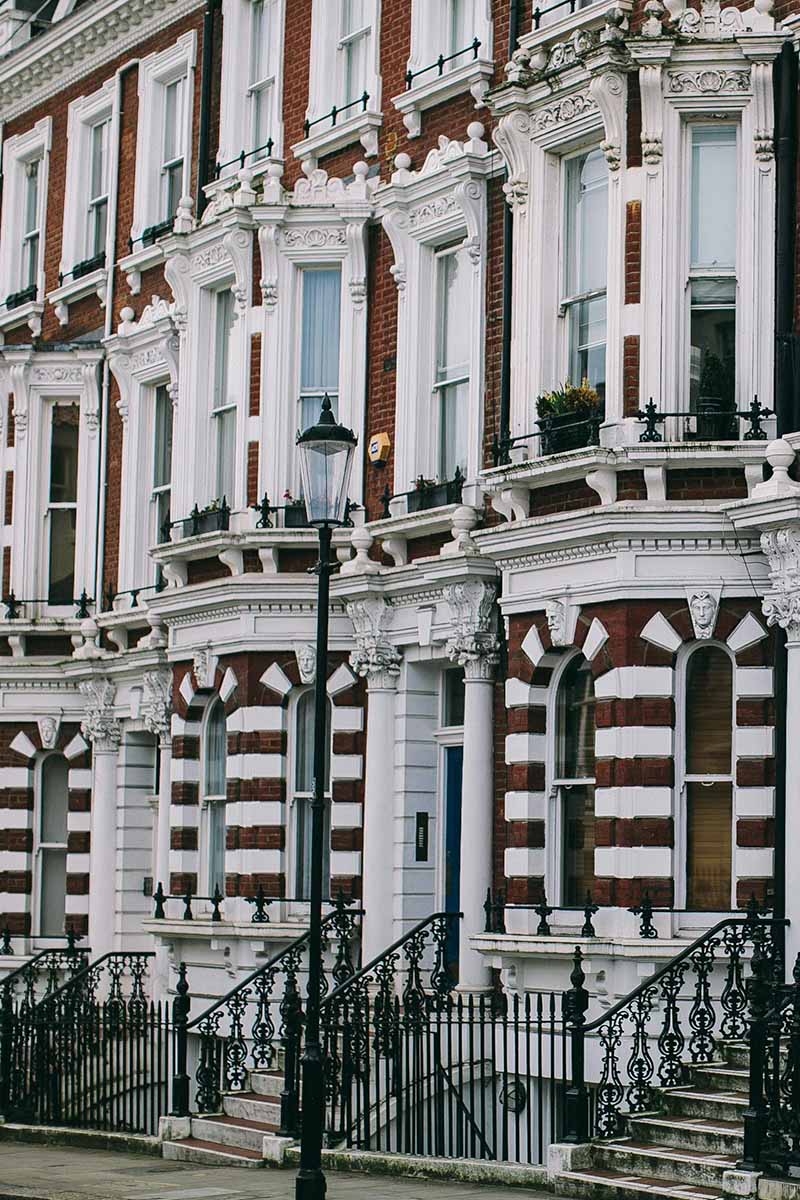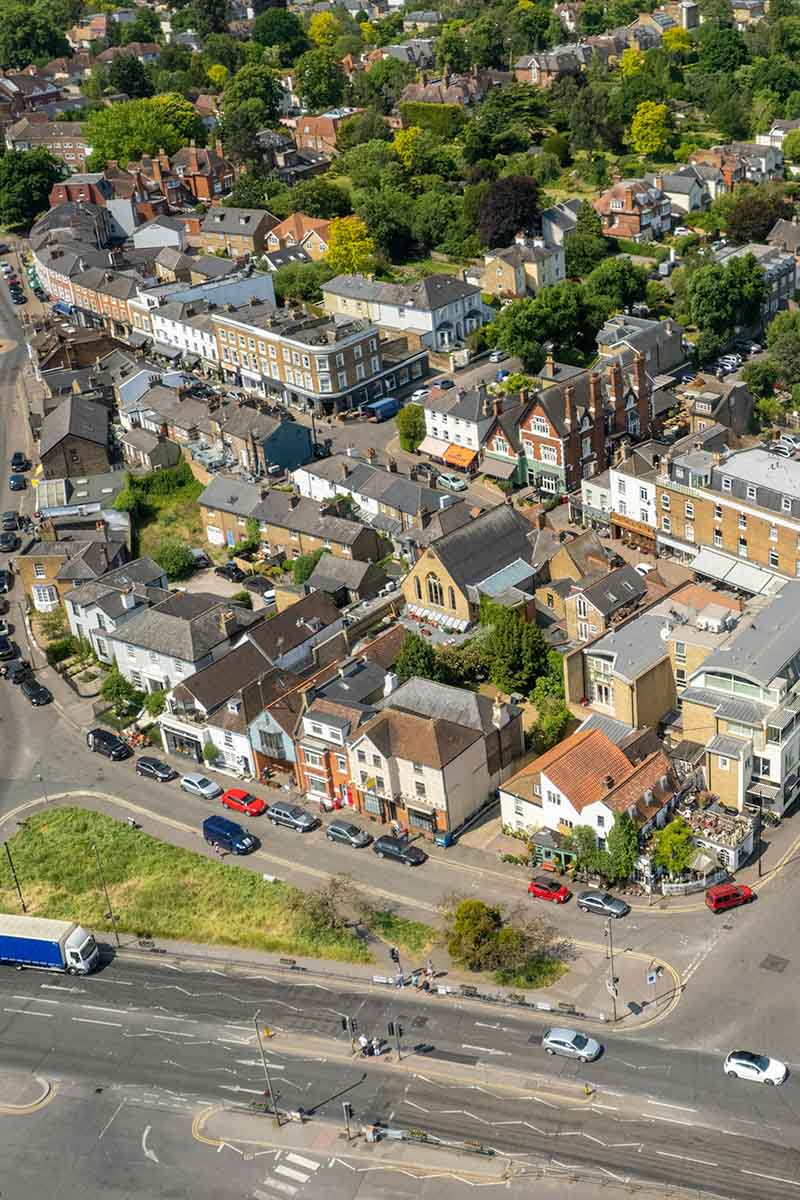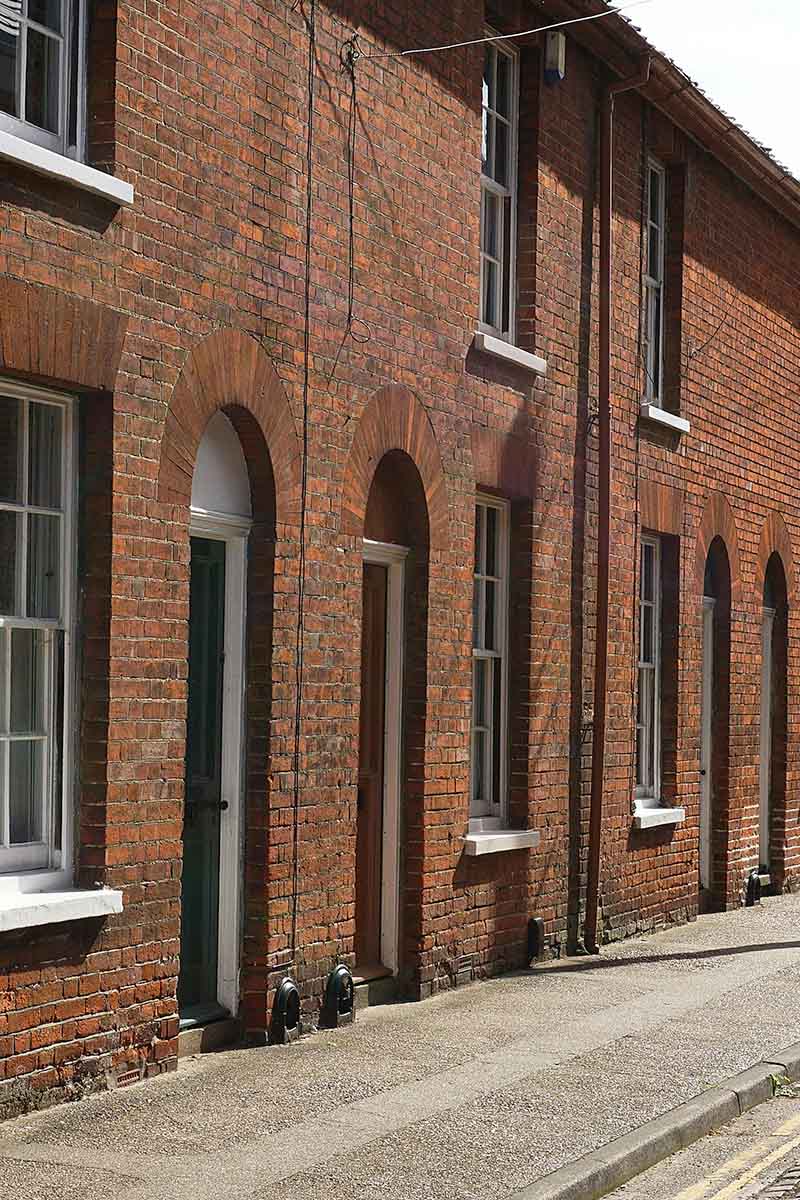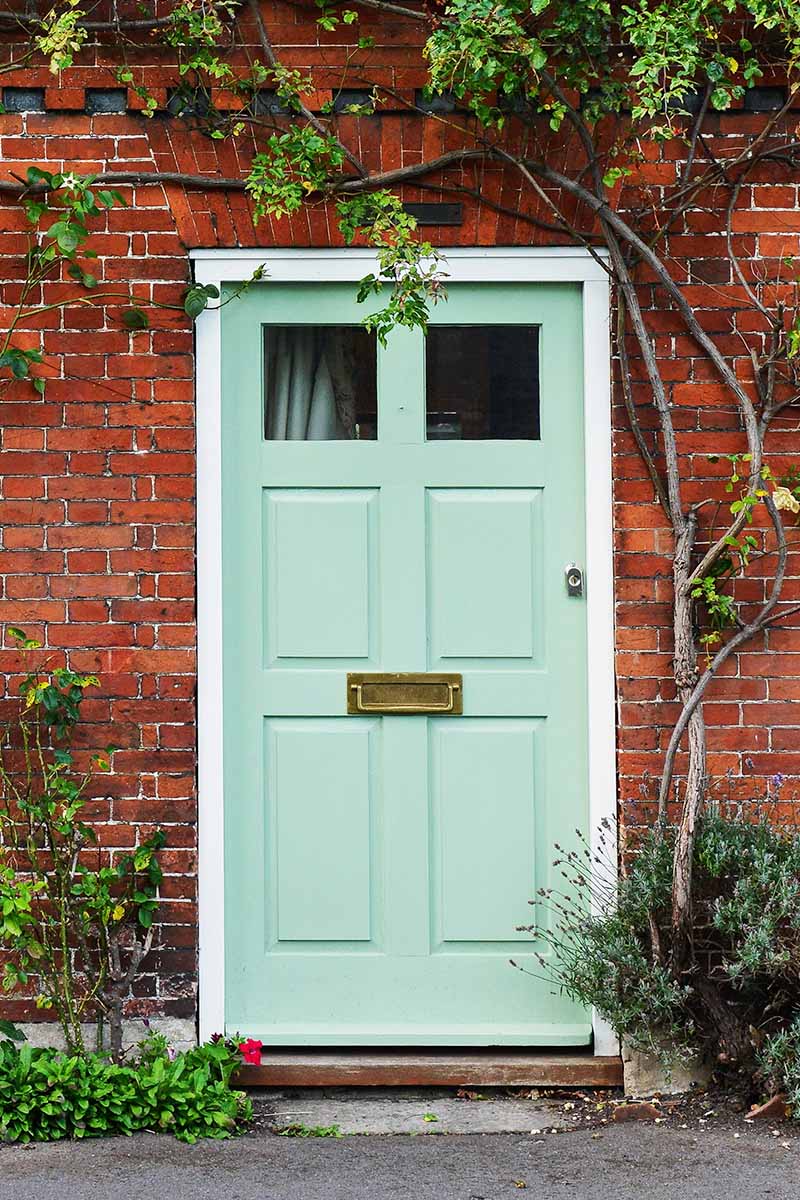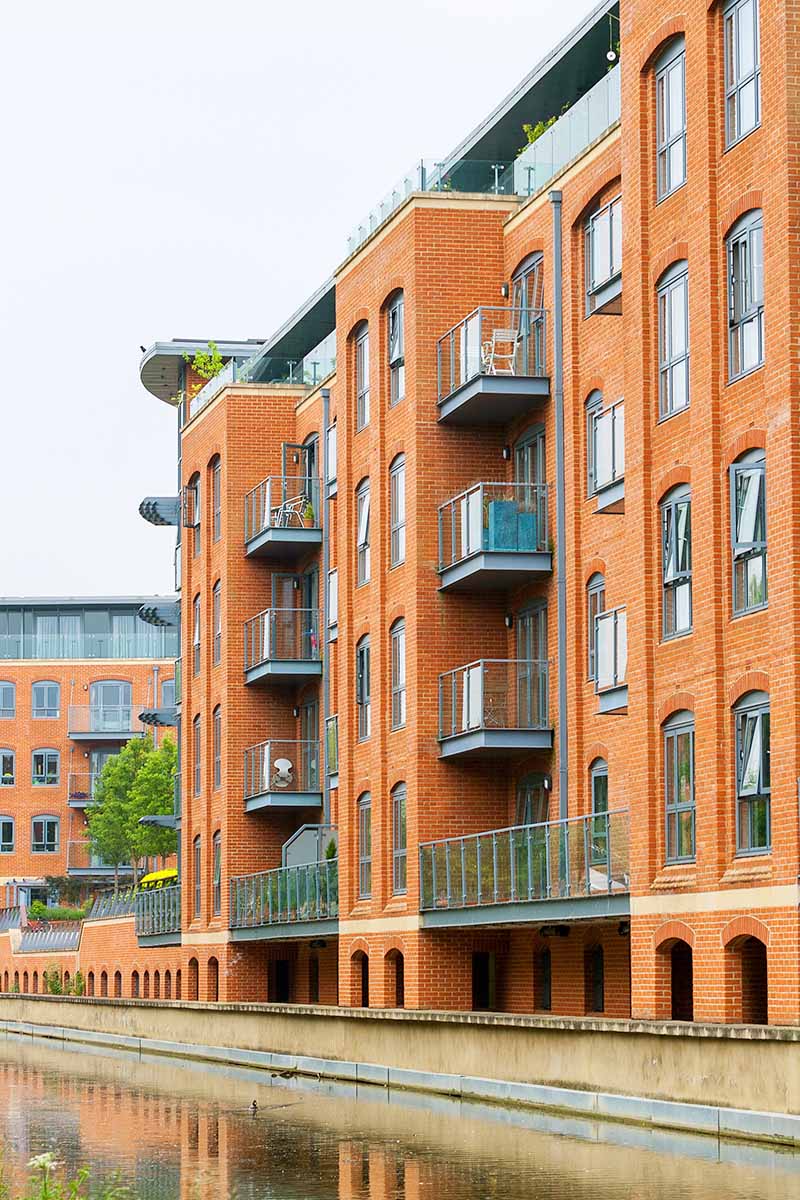Is it hard to sell a freehold flat?
Selling a flat that is freehold, or includes a share of the freehold, can be more complex than selling a standard leasehold property. While perfectly legal and increasingly common in converted houses, these setups raise legal and mortgage-related questions that may slow things down or confuse buyers. This guide explains what these structures mean, what to watch out for, and how to avoid delays when selling.
Freehold flats can be harder to sell depending on how the ownership is structured. Here’s what you need to know:
- Mortgage lenders often prefer leasehold flats with clear maintenance and legal agreements.
- Most freehold flats are sold as leasehold with a share of the freehold.
- You may face delays if documents or responsibilities are unclear.
- Buyers and solicitors need reassurance about how the building is maintained.
- Habello can help you sell your freehold flat quickly and without complications.
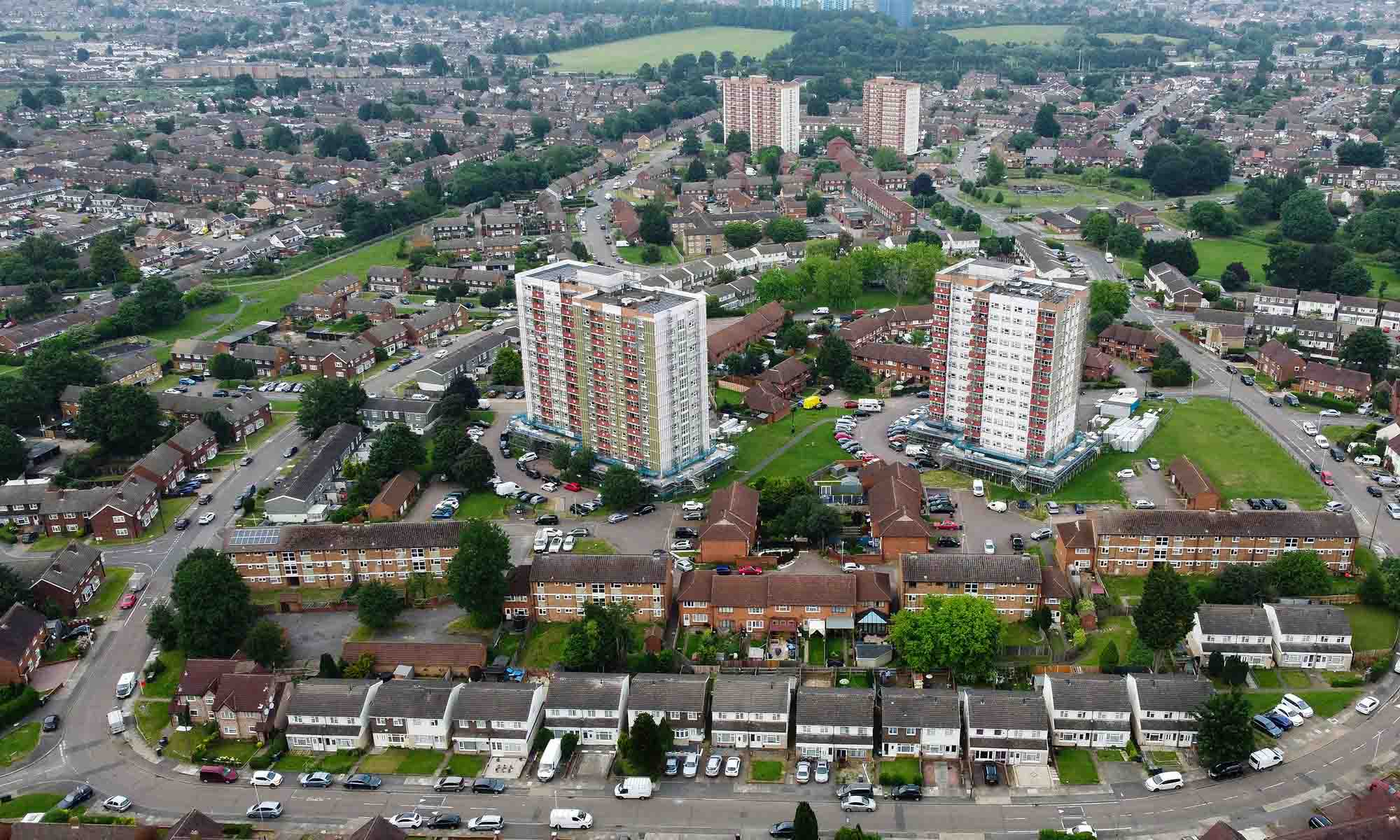
What is the difference between a freehold flat and a share of freehold?
In the UK, the term "freehold flat" often describes one of two arrangements:
1. A true freehold flat
You own the flat entirely, including the land it sits on, with no lease in place. This setup is rare and often found in very small conversions or older properties. Mortgage lenders are often cautious about this structure due to a lack of formal maintenance rules or shared legal responsibilities.
2. A leasehold flat with a share of the freehold
This is far more common. You own a leasehold flat but also share ownership of the building’s freehold, either directly or through a company structure. This setup gives you more control over how the building is managed and is usually seen more favourably by lenders.
Why is it harder to sell a freehold flat?
While many freehold flats sell successfully, there are a few common challenges that can make the process slower or more complex compared to standard leasehold flats.
Mortgage issues
Lenders are cautious when a flat has no lease or formal legal structure. They want to see clear responsibilities for maintenance, insurance and dispute resolution. If these are missing, a buyer may struggle to get a mortgage.
Legal complexity
Buyers and their solicitors will want to understand how the building is run. If you are a co-freeholder, they will want to see how responsibilities are divided and whether there is a formal agreement in place.
Shared maintenance
In a small building, owners are often jointly responsible for common parts like the roof or exterior. Without a written agreement or management company, this can raise concerns.
Additional responsibilities
If the freehold is held through a company structure, each flat owner may be required to become a director of that company. This brings extra legal and administrative duties, including making decisions about the building’s management, filing annual accounts, and complying with company law. Some buyers may be put off by this level of involvement or unsure about taking on the responsibility.
What about extending the lease?
One of the biggest advantages of owning a share of the freehold is the ability to extend your lease more easily and cheaply. If you are a leaseholder and also one of the freeholders, you can usually agree a lease extension directly without paying a premium or going through a lengthy legal process.
If there are multiple freeholders involved, you may still need to follow a basic process, but you will avoid the need for negotiation with a third party.
If your lease has fewer than 85 years left, it is worth considering an extension before you list your flat for sale. Leases under 80 years can reduce your property’s value and limit buyer interest.
What will buyers want to know?
When selling a flat with a share of the freehold, be prepared to answer questions like:
- How is the freehold held?
- Are there service charges or maintenance agreements?
- Who arranges buildings insurance?
- How are decisions made about repairs?
- Are there any written documents or formal agreements?
Providing these upfront can help speed up the sale and avoid last-minute delays.
What if I own the freehold and I’m only selling one flat?
If you own the freehold for the entire building but are only selling one flat within it, this adds another layer of responsibility. Buyers will want to know what their obligations will be as leaseholders and how the building will be managed after the sale.
Make sure leases are clearly defined, service charges are documented, and buildings insurance is in place.
Save time and hassle by selling your home with us
Get a guaranteed cash offer on any property in England and Wales. All you need to do to get started is enter your address below.
What challenges are unique to selling a share of freehold flat?
Owning a share of the freehold has advantages, but it also brings some unique challenges when it comes time to sell. These mainly come down to shared responsibilities and the need to coordinate with other owners.
Transfer of the freehold share
When selling, your share of the freehold also needs to be transferred to the buyer. This usually requires cooperation from the other freeholders. If they’re unavailable, slow to respond or disagree with the process, the sale can be delayed.
In some cases, the freehold is held through a limited company, and the buyer will need to be added as a shareholder or director. That means extra admin and potentially legal support.
Shared management responsibilities
Buyers will be aware that owning a share of the freehold means joint responsibility for managing the building. This includes decisions on maintenance, repairs, insurance and long-term planning.
Some buyers may see this as a benefit. Others may be put off by the idea of needing regular cooperation with neighbours, especially if no managing agent is in place.
Legal and admin duties
Freeholders are legally responsible for a number of things, including:
- Keeping buildings insurance valid and up to date.
- Collecting service charges.
- Handling Section 20 consultations for major works.
- Following landlord and tenant legislation.
If these tasks aren’t clearly documented or properly managed, buyers may worry about legal risks or future disputes.
Lease length still matters
Even if you own a share of the freehold, the flat itself is still leasehold. If the lease is short (typically under 85 years), it can affect the property’s value and mortgageability.
The good news is, as a co-freeholder, you have the right to extend the lease easily and usually without paying a premium. But it’s still something to be aware of and resolve before listing the flat where possible.
Potential for co-owner disputes
Buyers may ask if there have been any recent disputes between co-freeholders over costs, alterations or responsibilities. Ongoing tensions can reduce buyer confidence, especially in small buildings where everyone needs to collaborate.
Being transparent and showing that any disagreements have been resolved professionally can help ease concerns.
Lender and solicitor scrutiny
Although share of freehold is generally more attractive than leasehold, the structure is more complex. Some lenders may take longer to process mortgage approvals, especially if the building is self-managed or documentation is limited.
Buyers who are unfamiliar with this type of setup may also have more questions, so having the right paperwork ready helps speed things up.
Summary of key challenges
Can you still sell a freehold flat?
Yes. As long as the ownership structure is clearly defined and properly documented, there is no legal barrier to selling. Flats with a share of the freehold are often seen as more attractive because they give the buyer long-term control and flexibility.
We help sellers of unusual flats
At Habello, we regularly buy flats with unusual titles or ownership setups, including shared freehold flats, full freehold flats and properties in small conversions. If you’re struggling with a slow sale or unclear legal questions, we can make a simple cash offer and help you move forward quickly.
- No agents or viewings.
- No reliance on mortgage approvals.
- We work with your solicitor to handle freehold paperwork.
- Completion in as little as 7 days.
Get your free cash offer today
Thinking of selling a freehold flat or a flat with a shared freehold structure? We offer quick, hassle-free sales that can be completed in weeks. Submit your details and request a quote today.
Property owners are choosing Habello for a faster, easier and less stressful way to sell
Sell your home quickly for cash by accepting an offer just below market value. See how we compare to your other options by using the calculator below.
Related guides
Bring yourself up to speed with our property guides.



